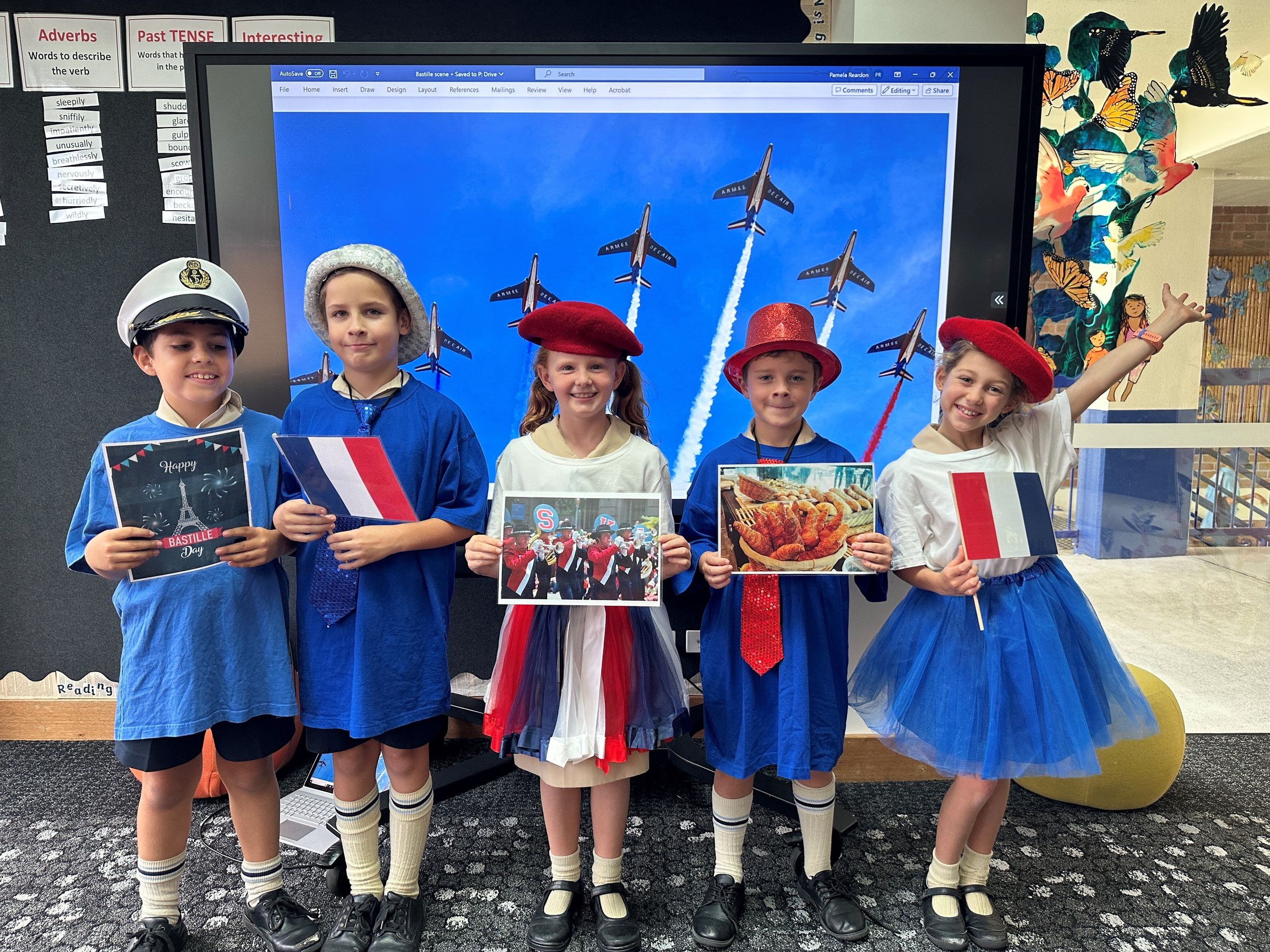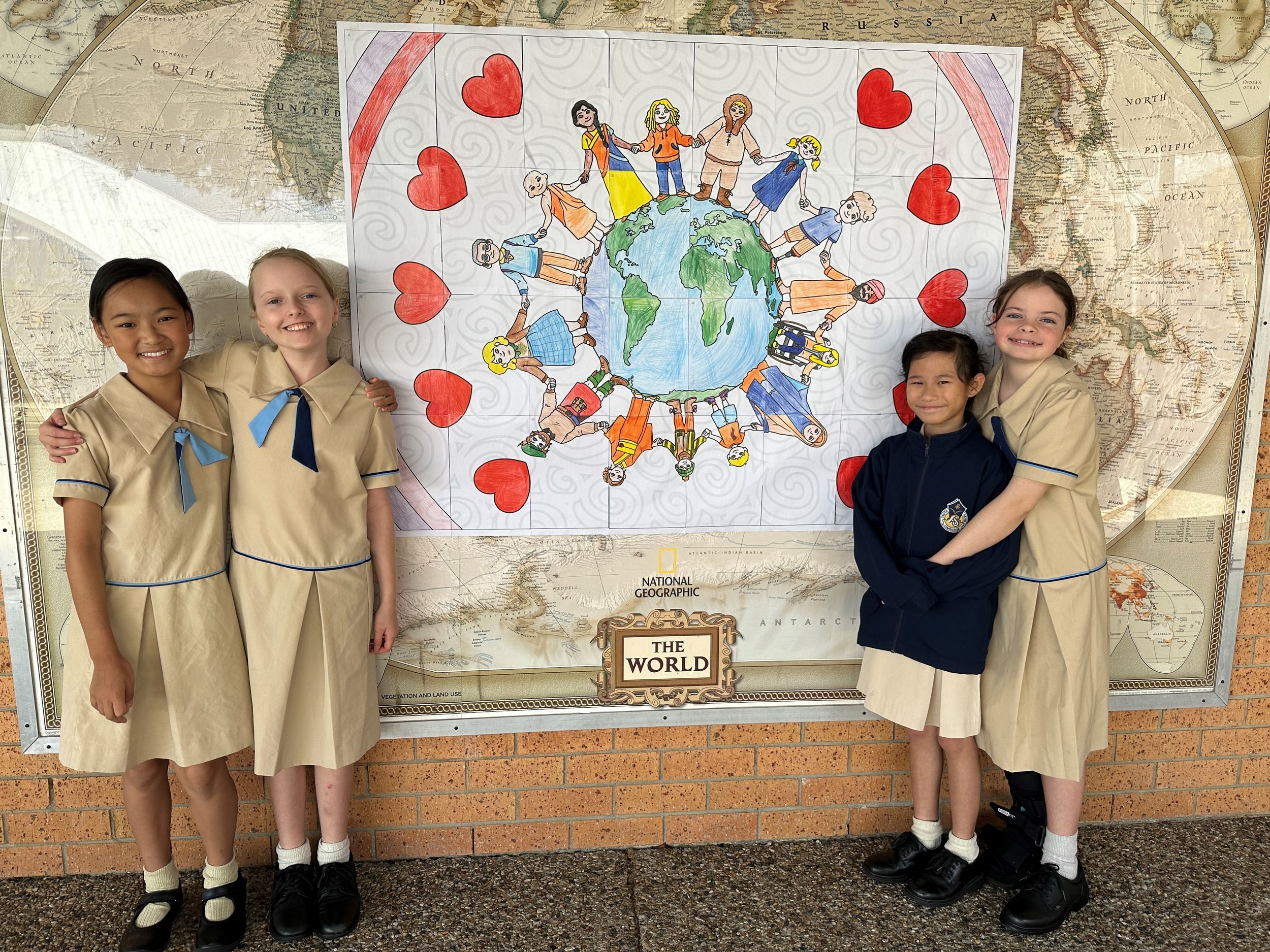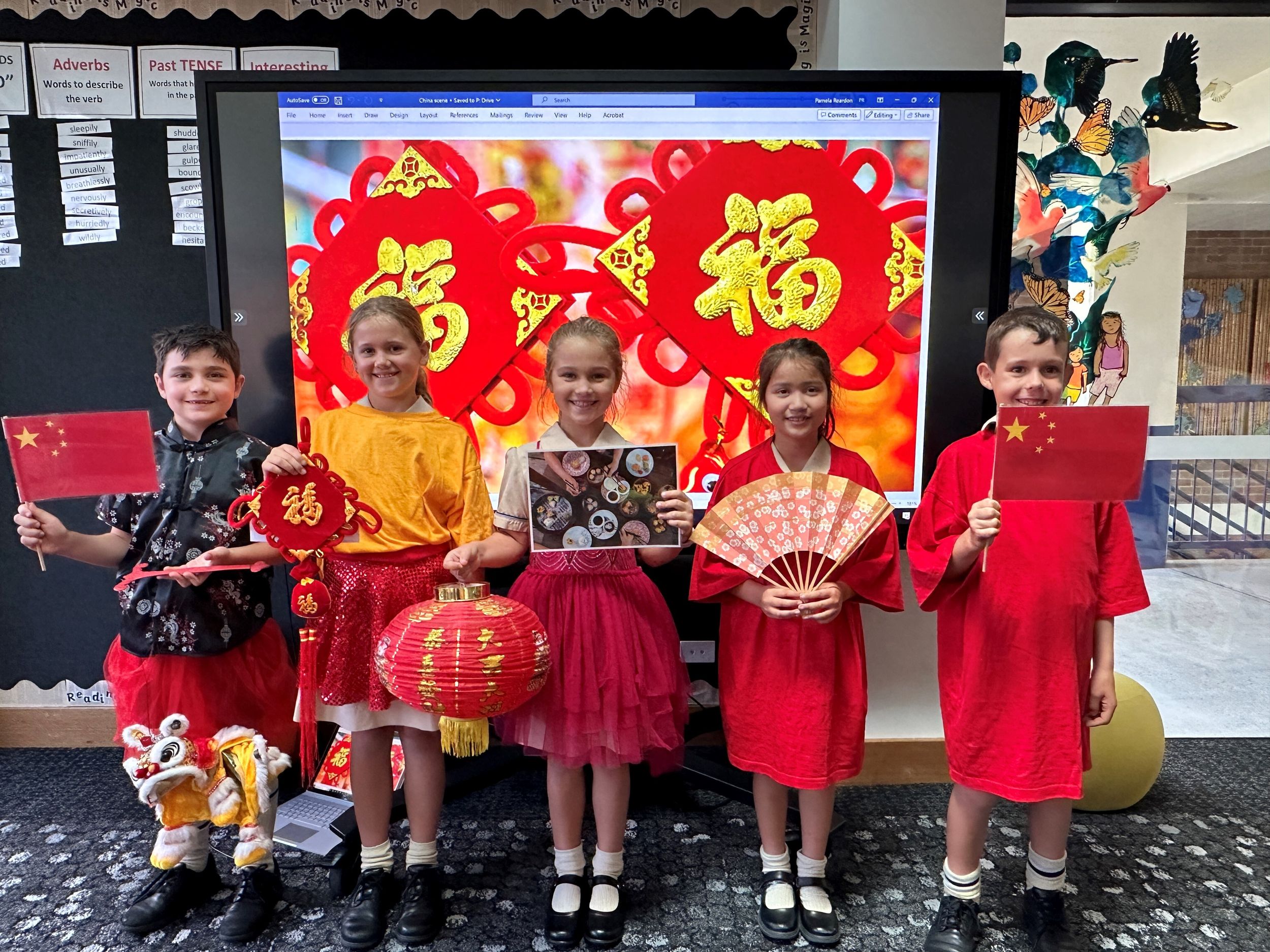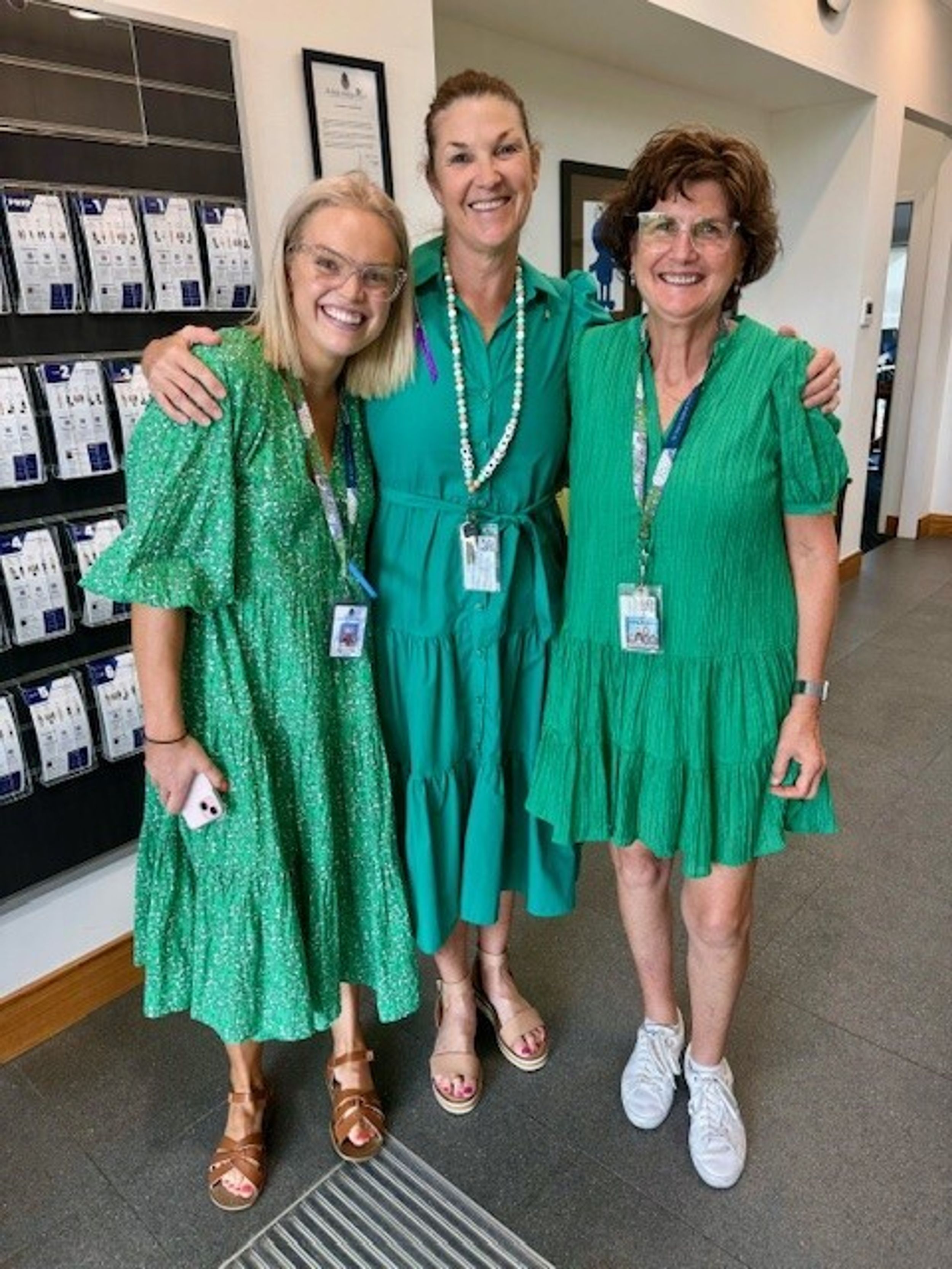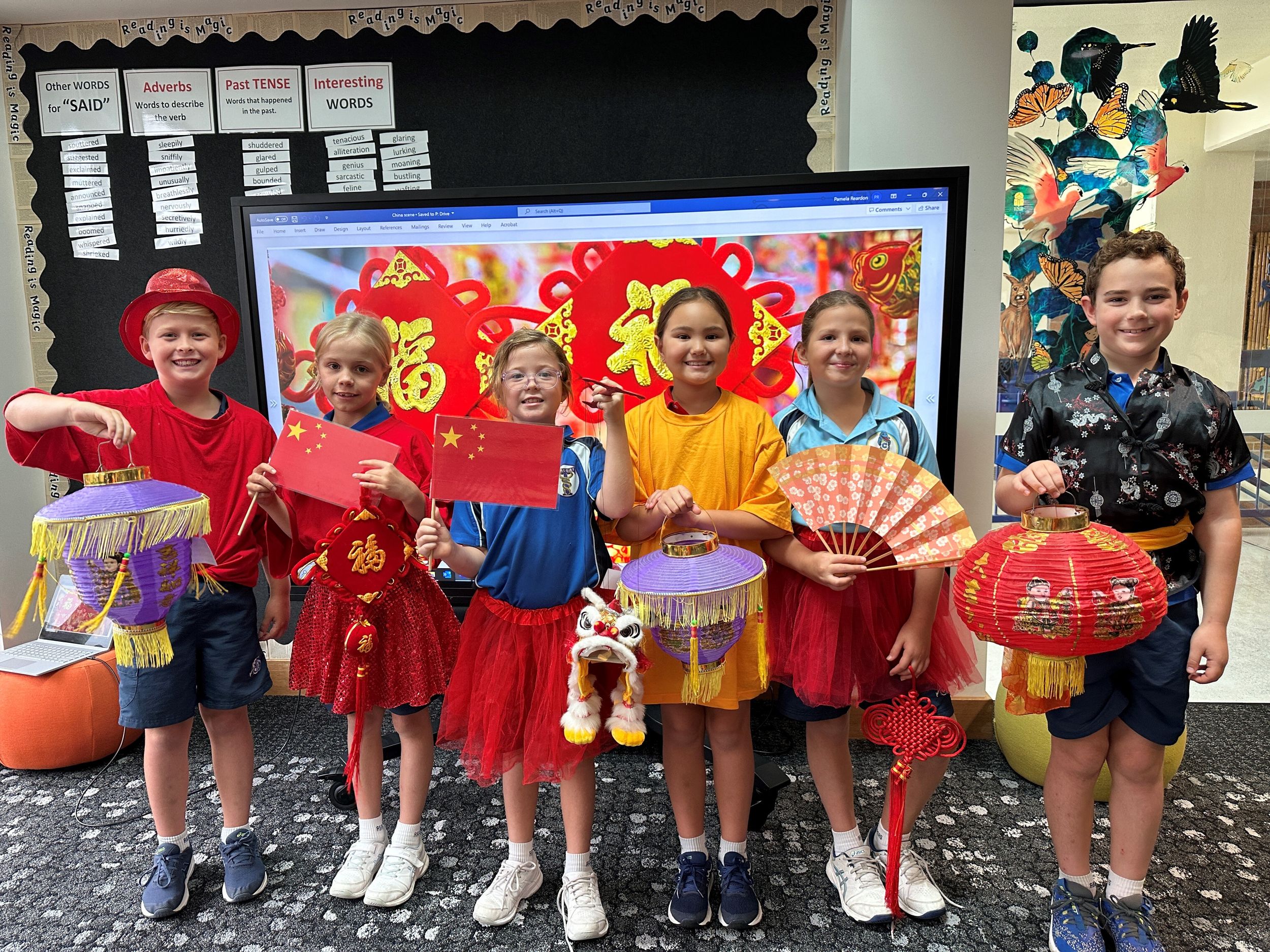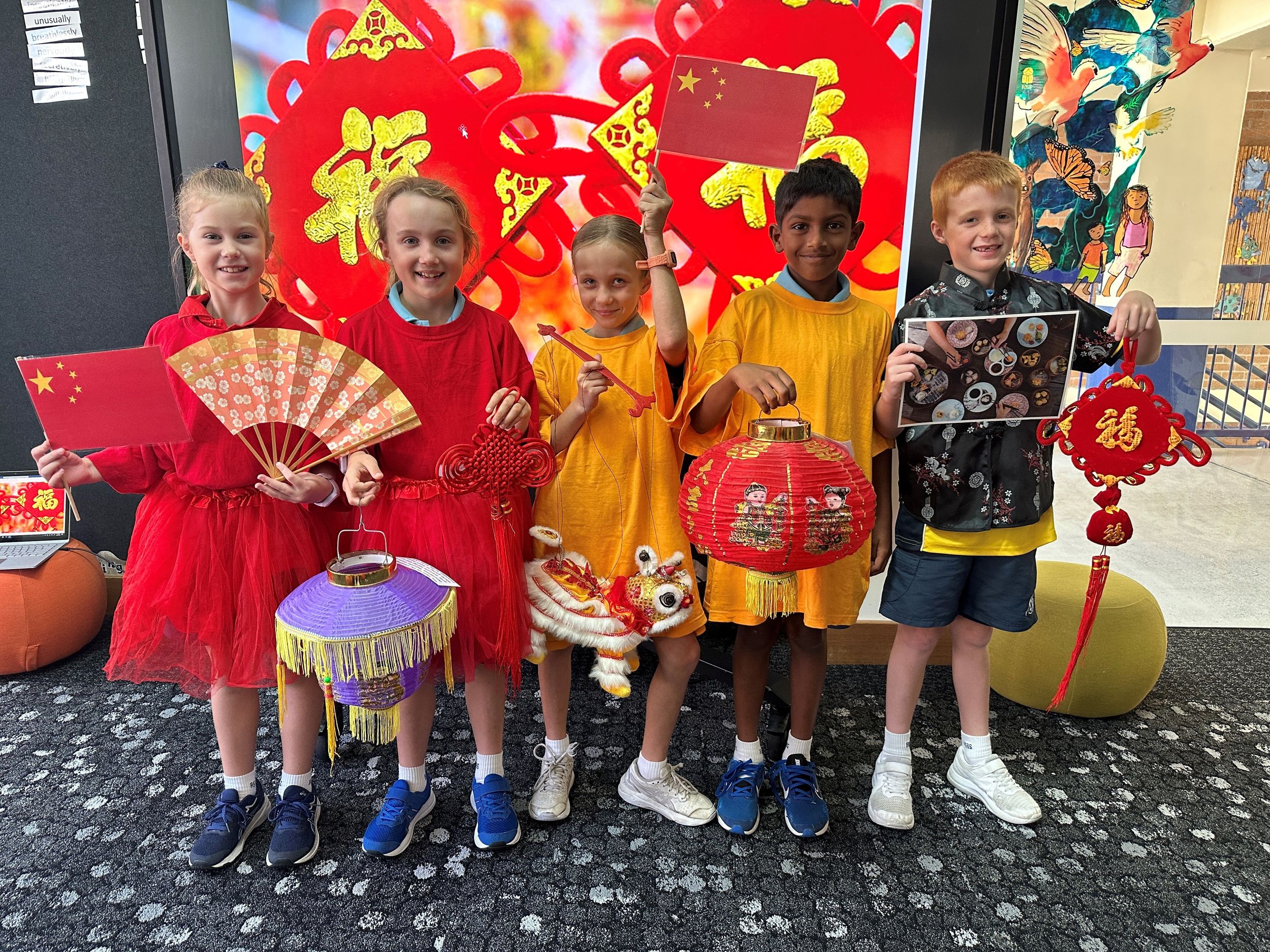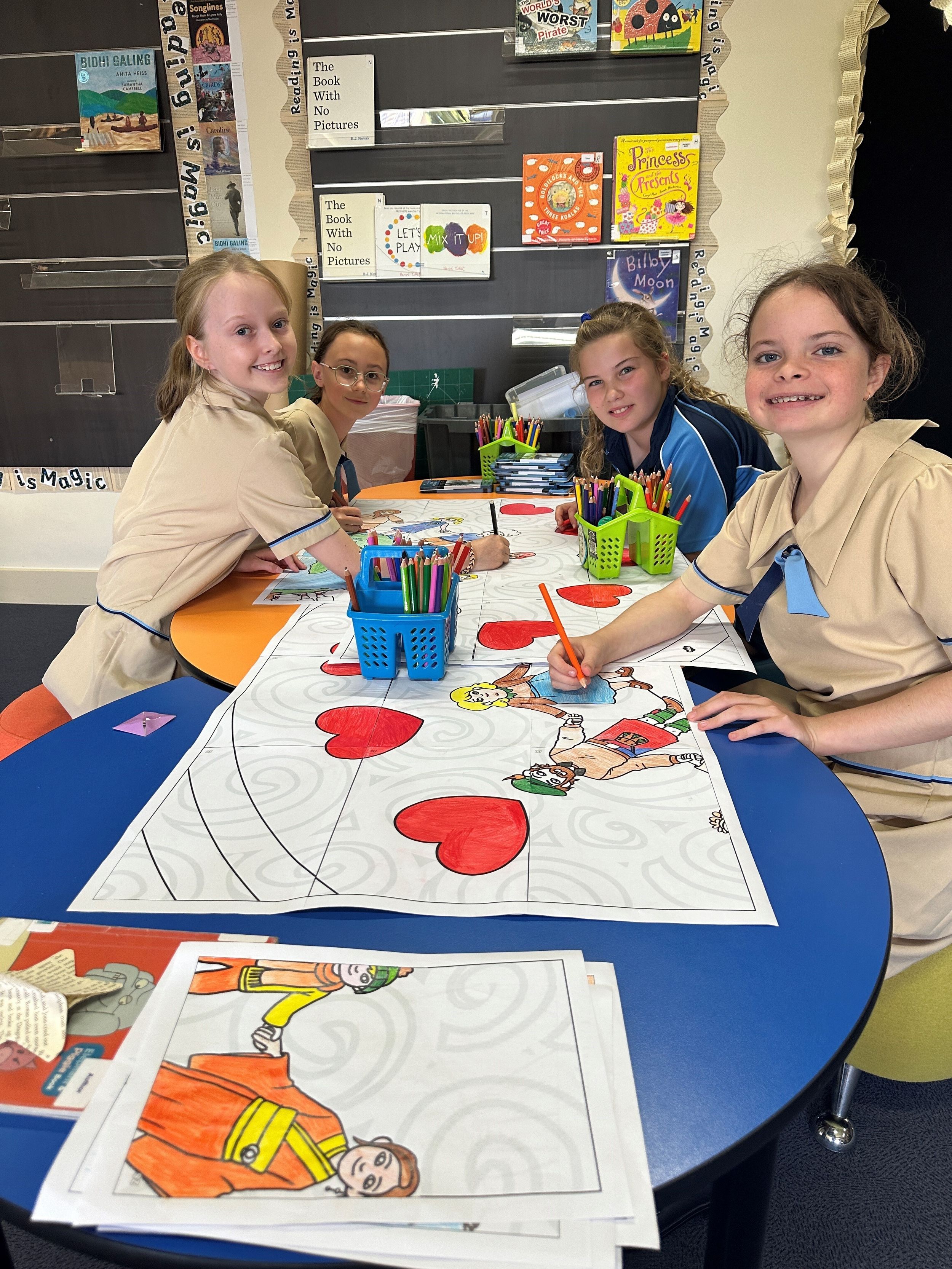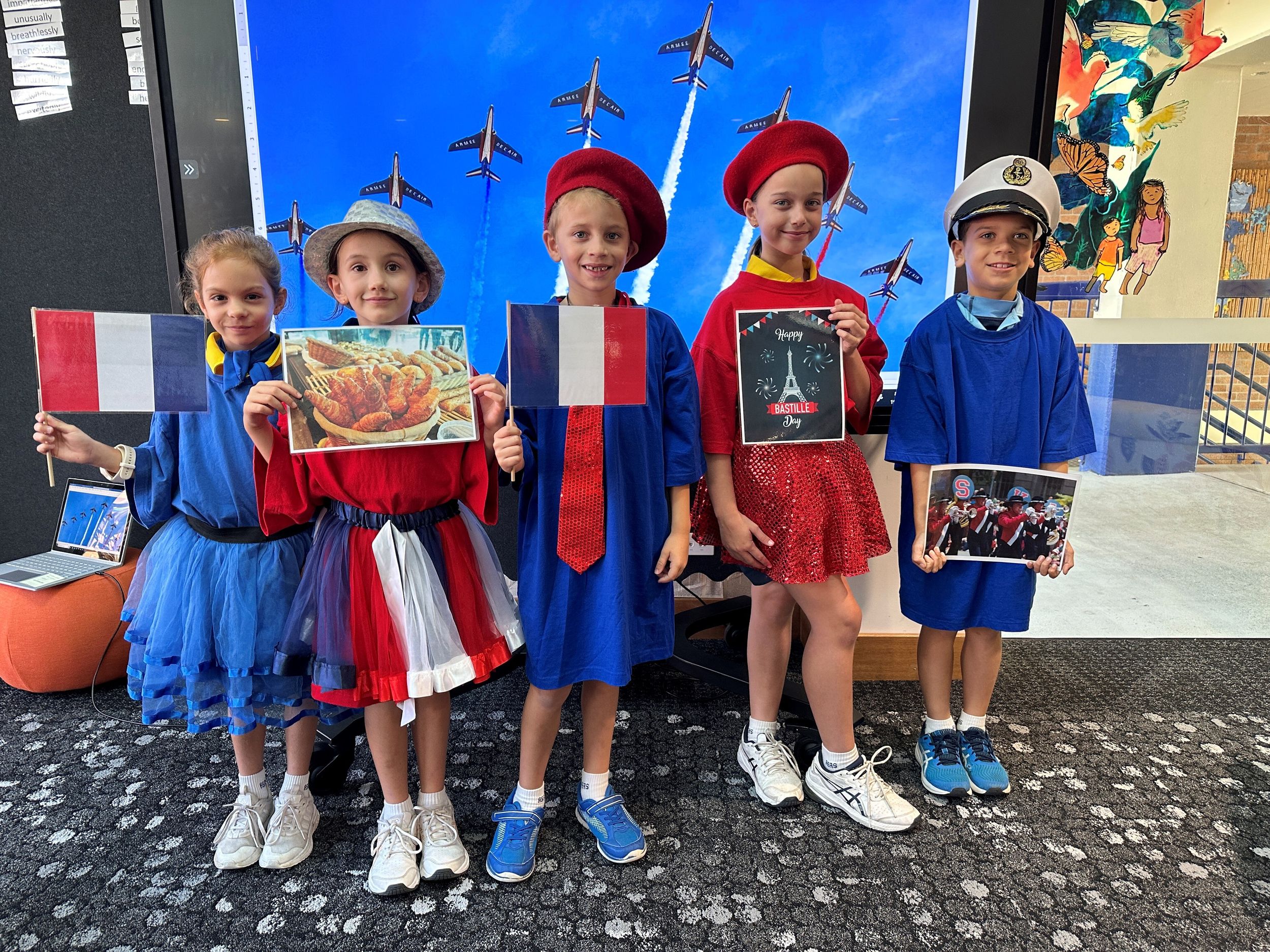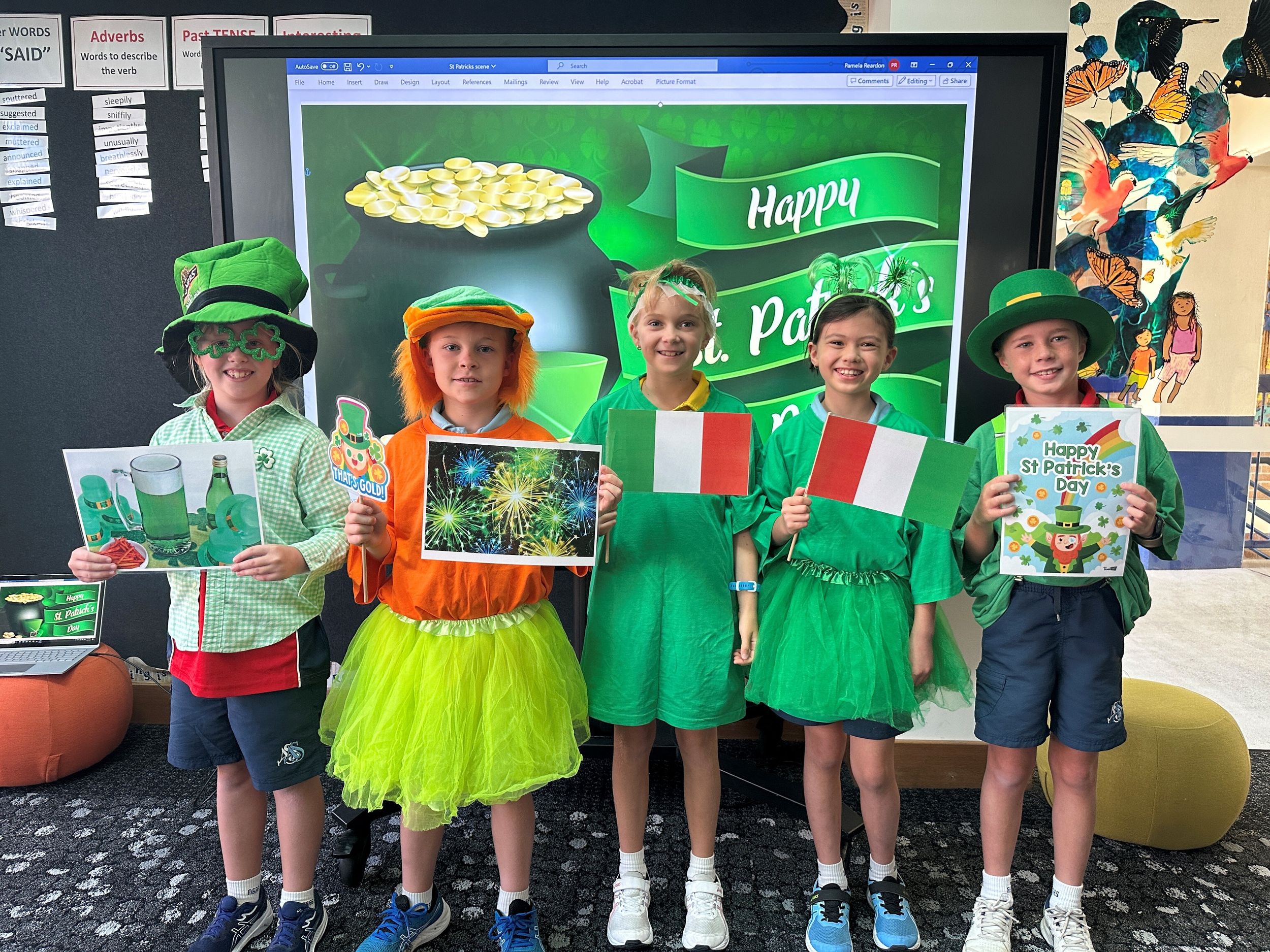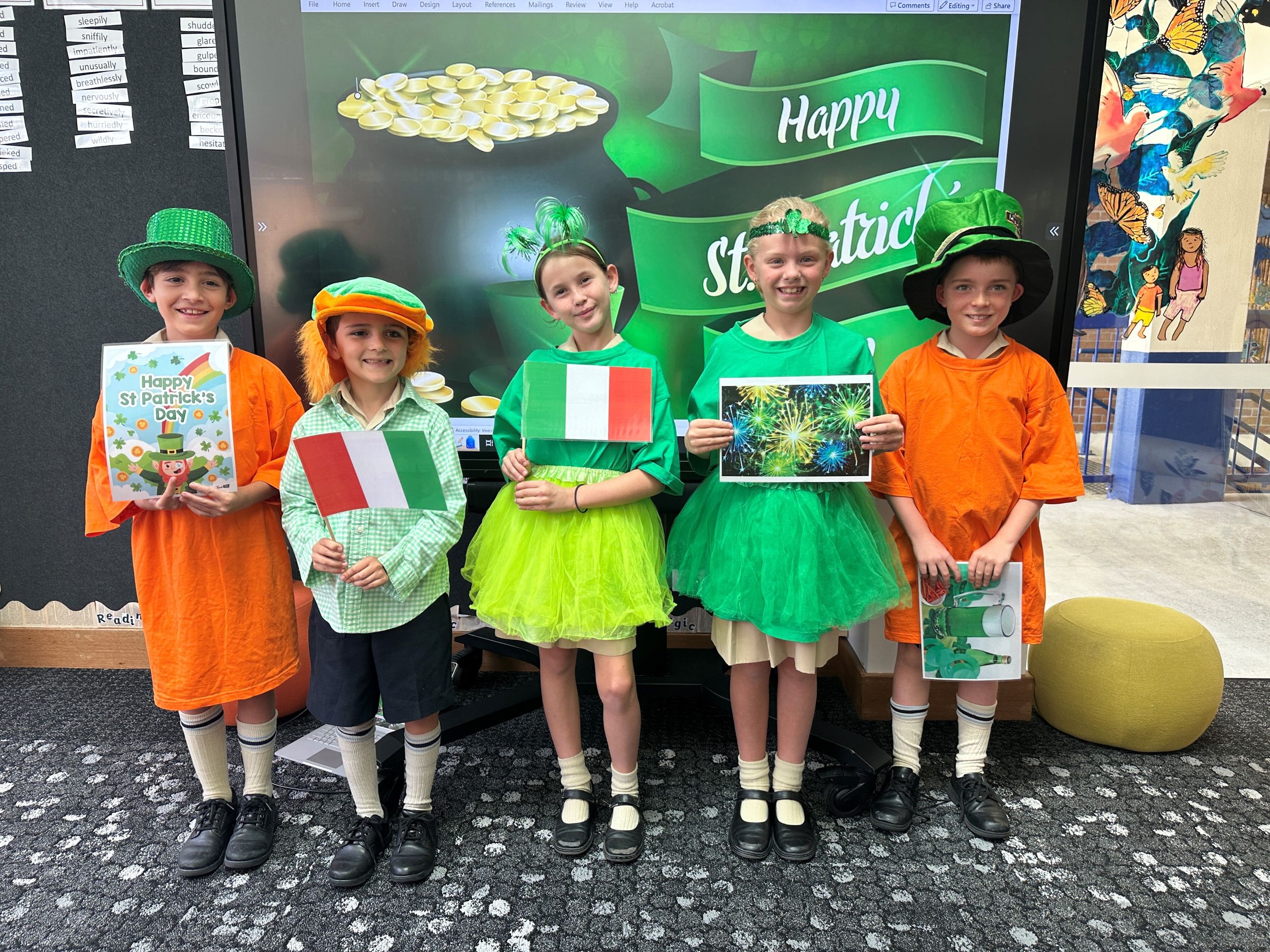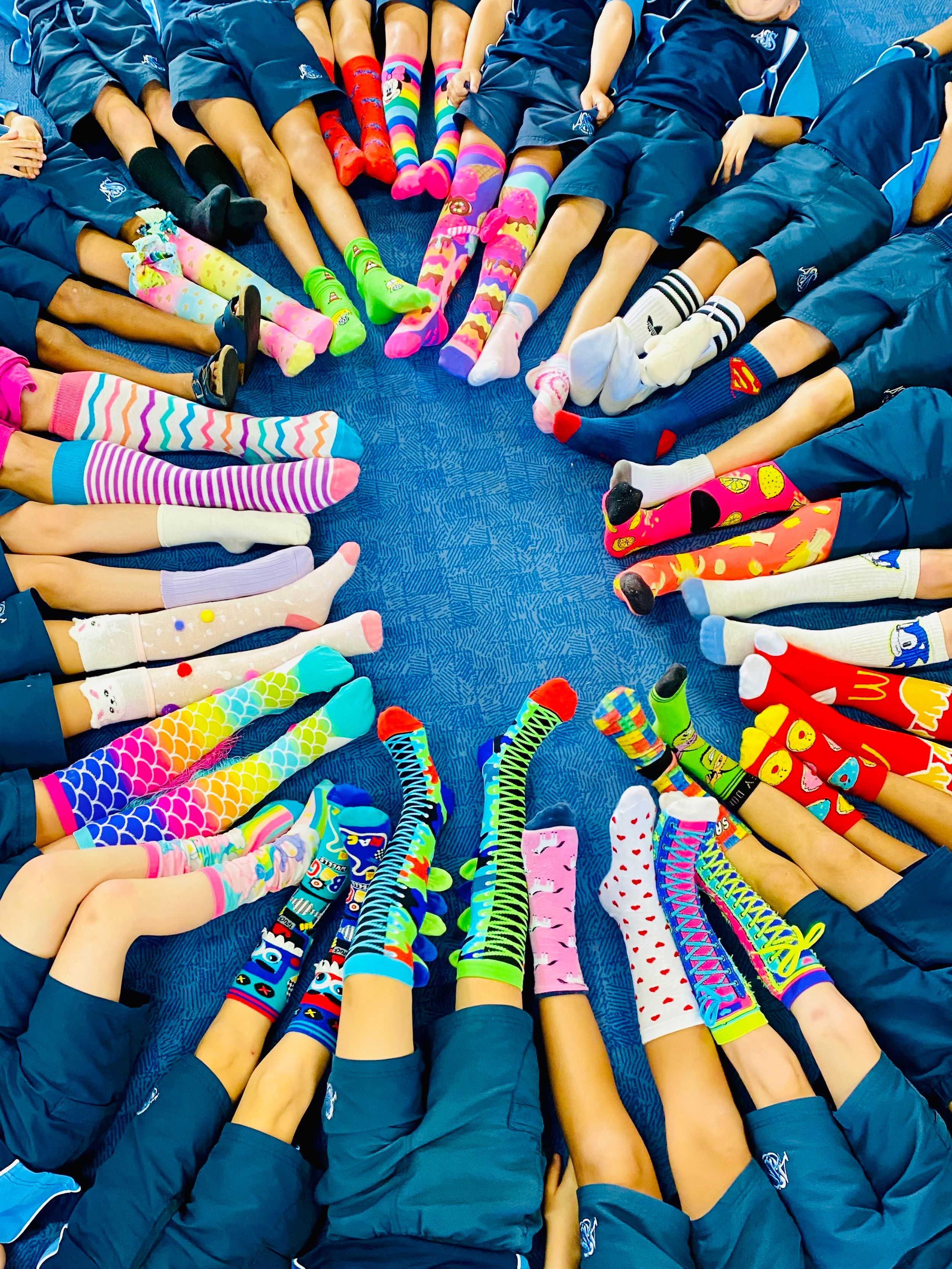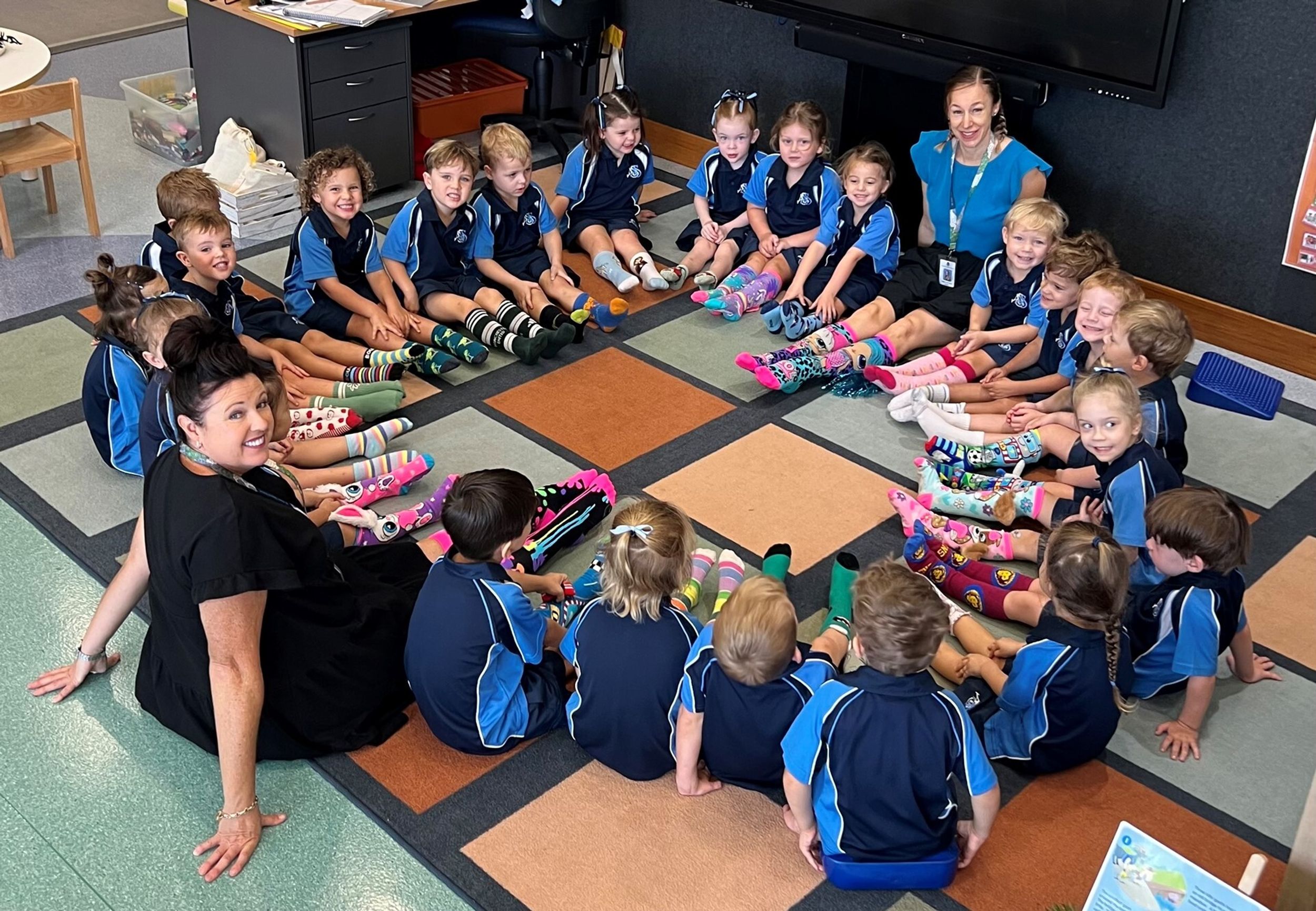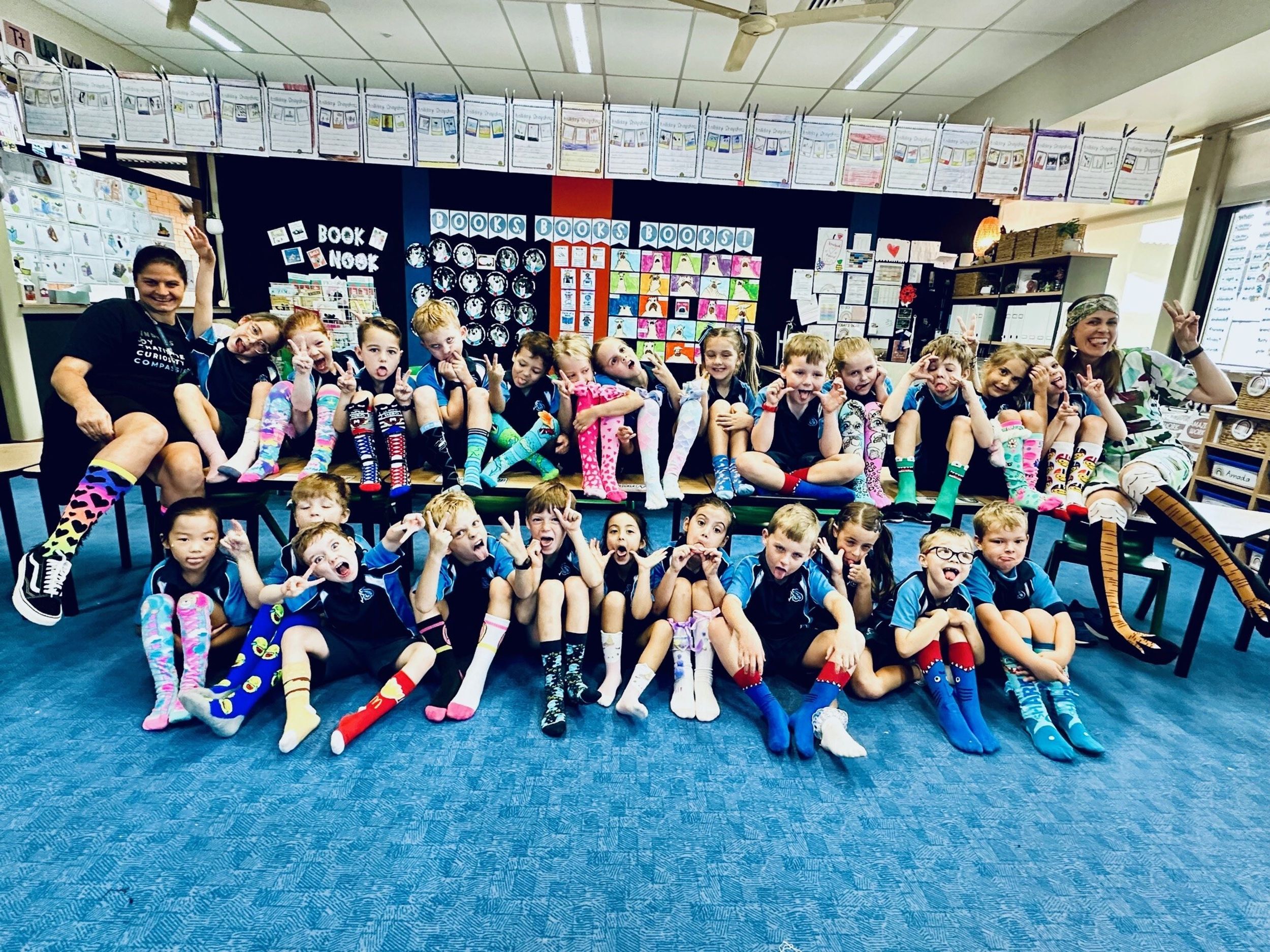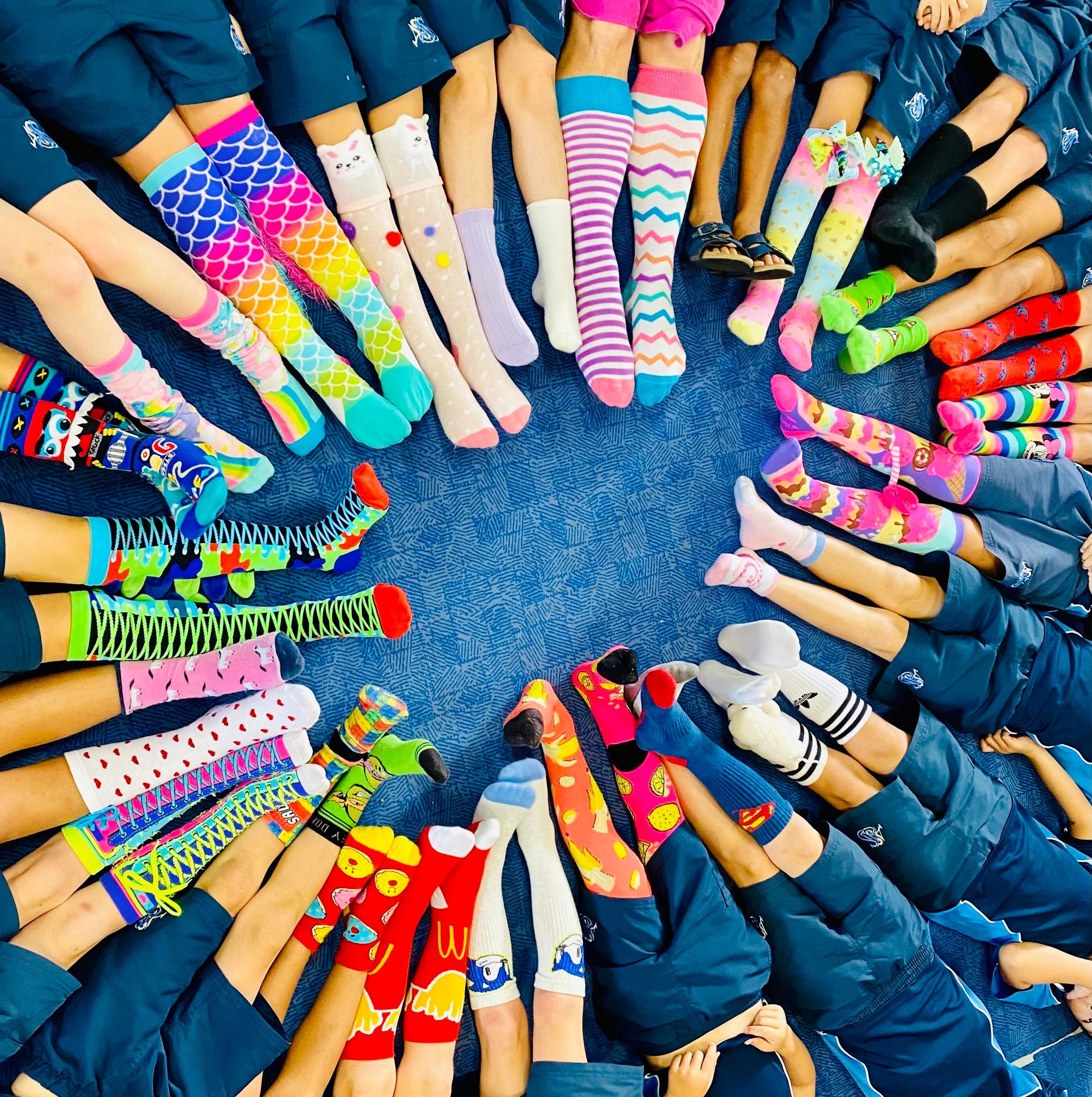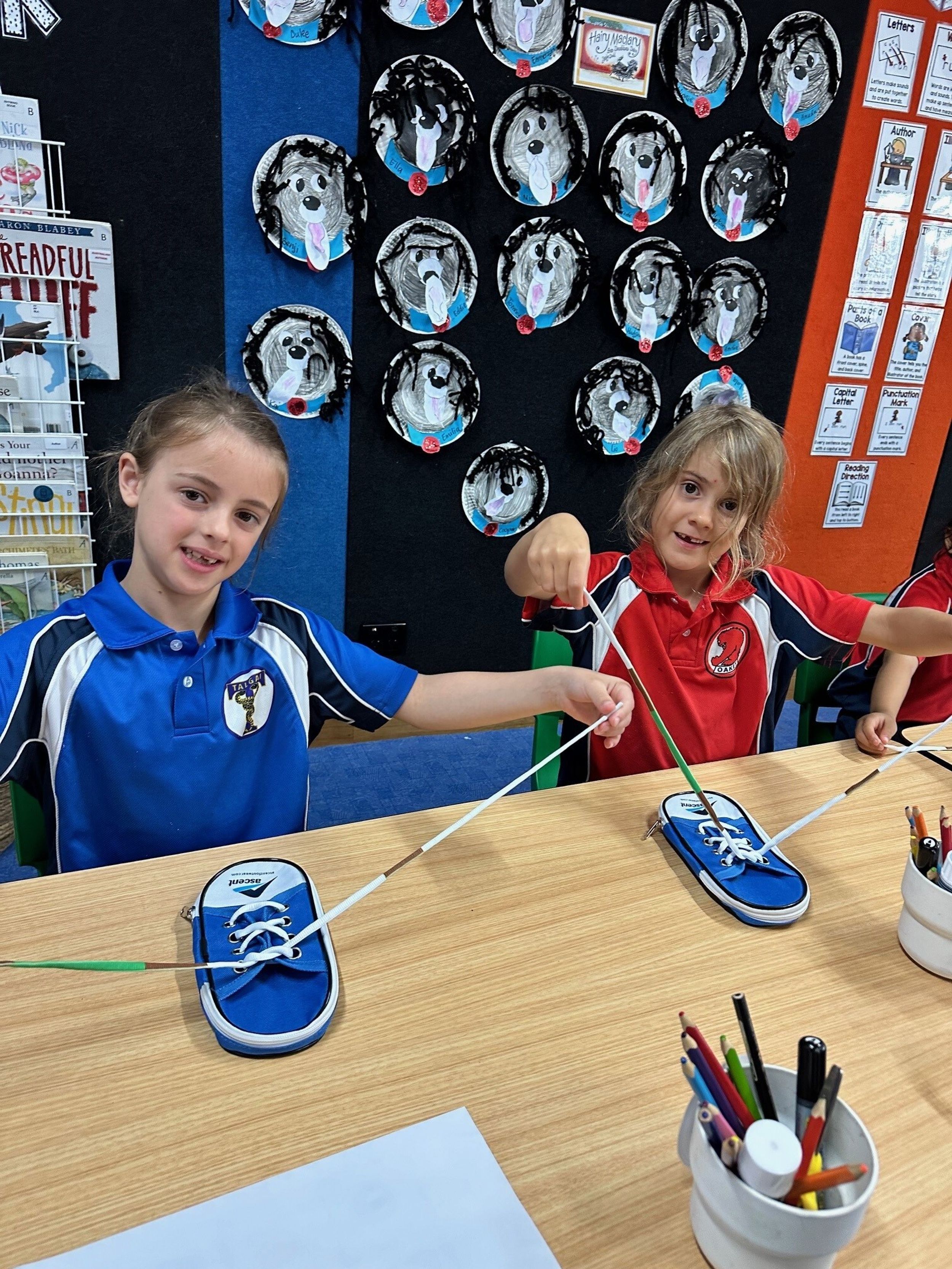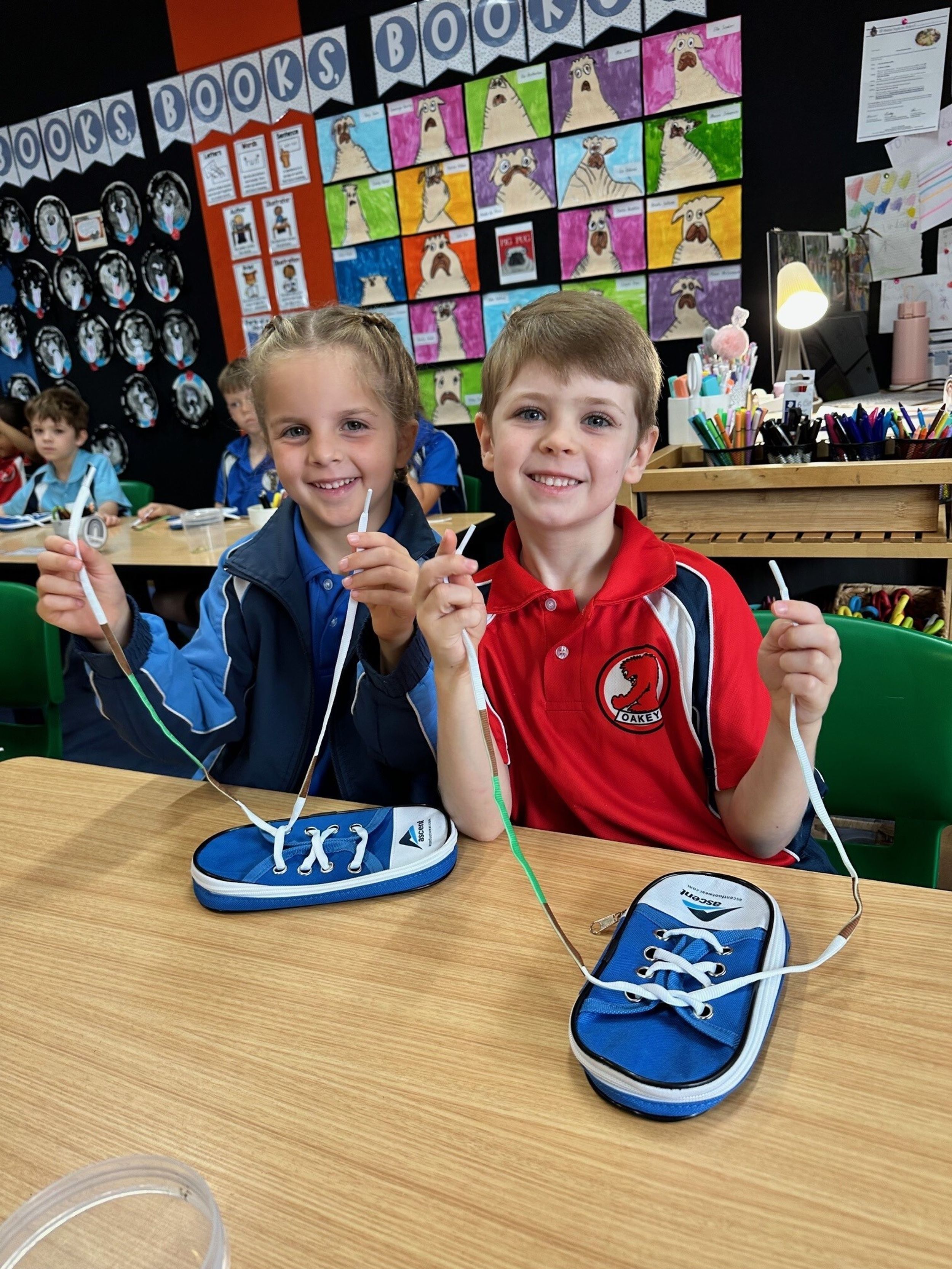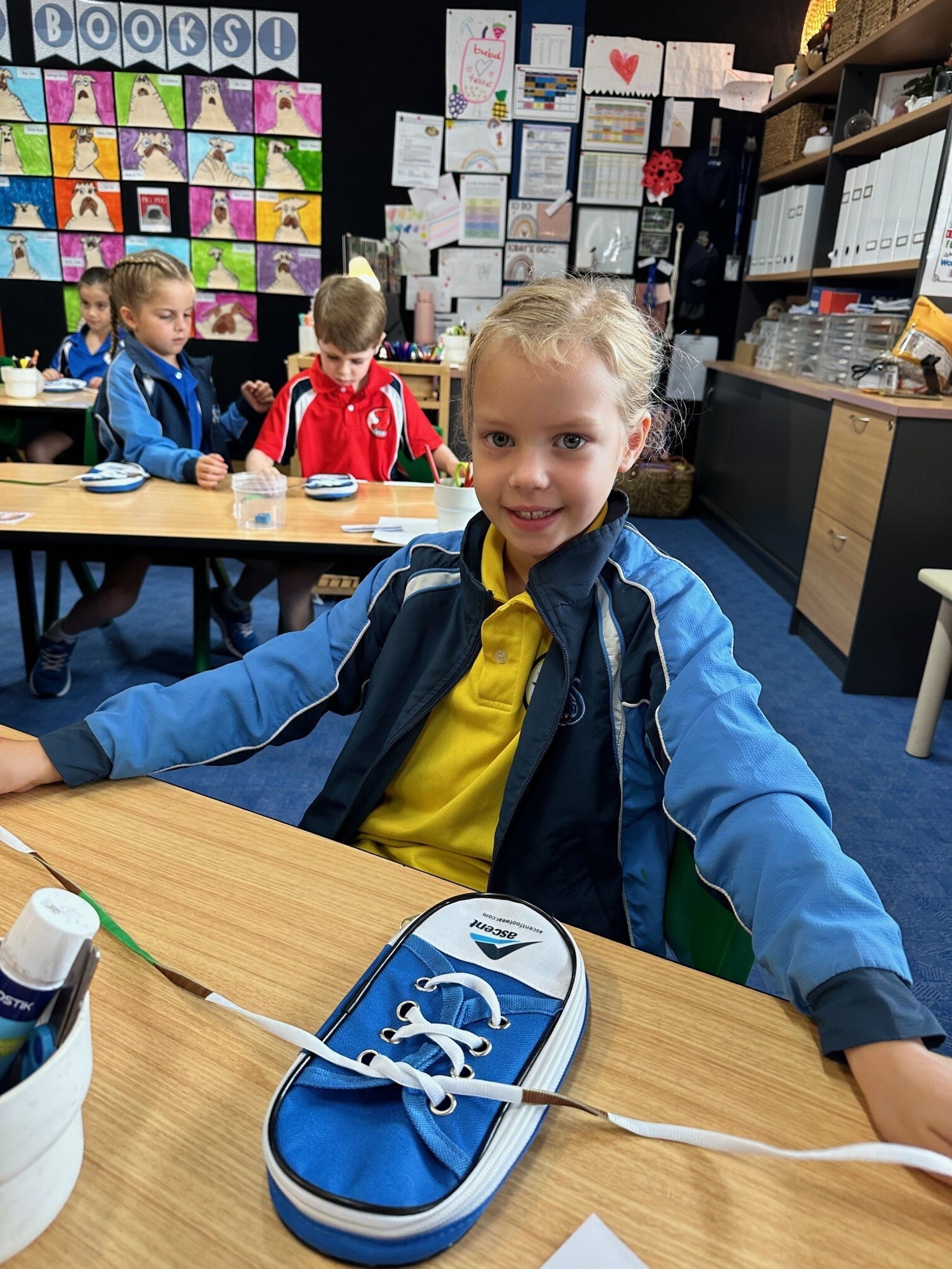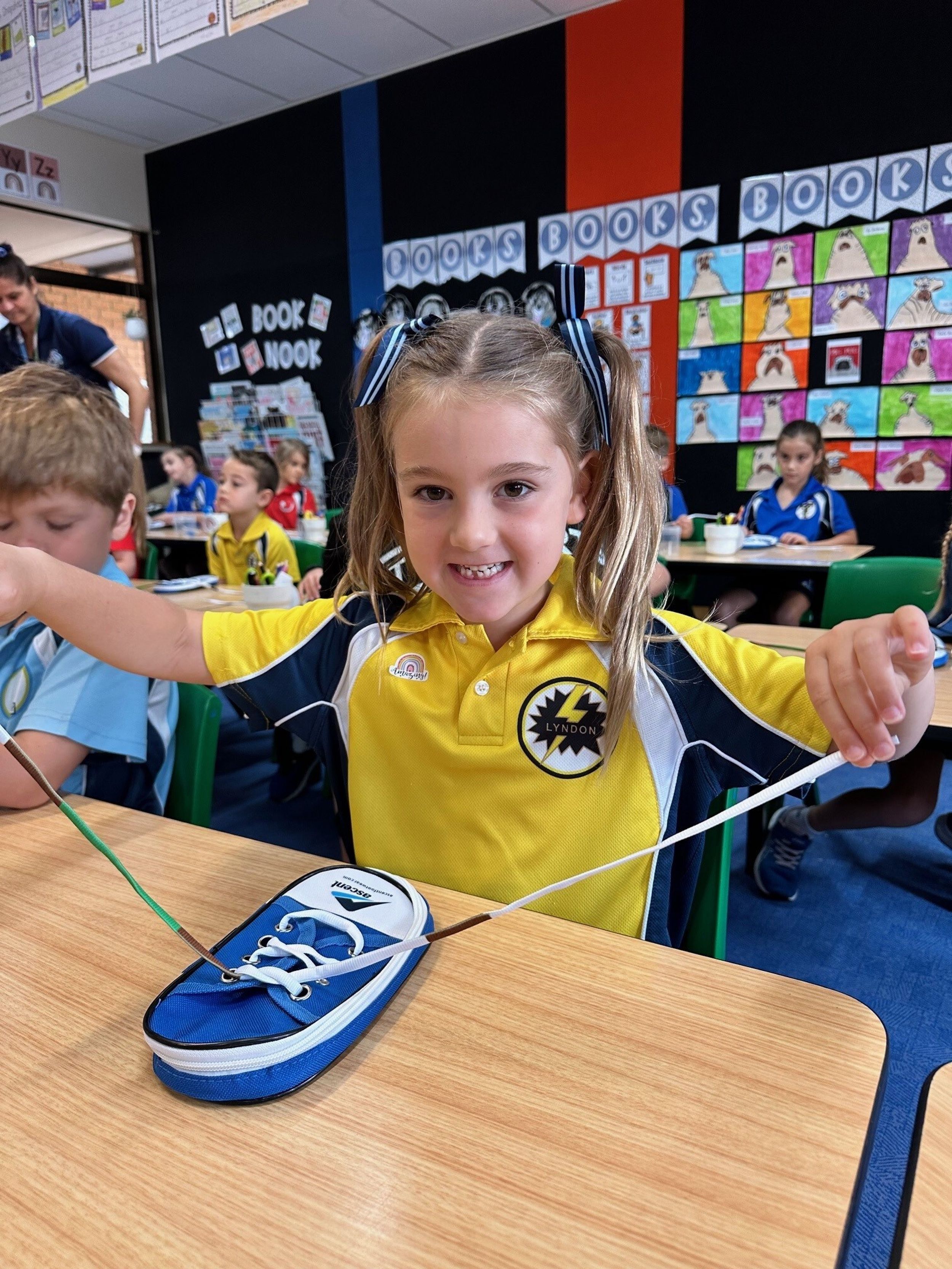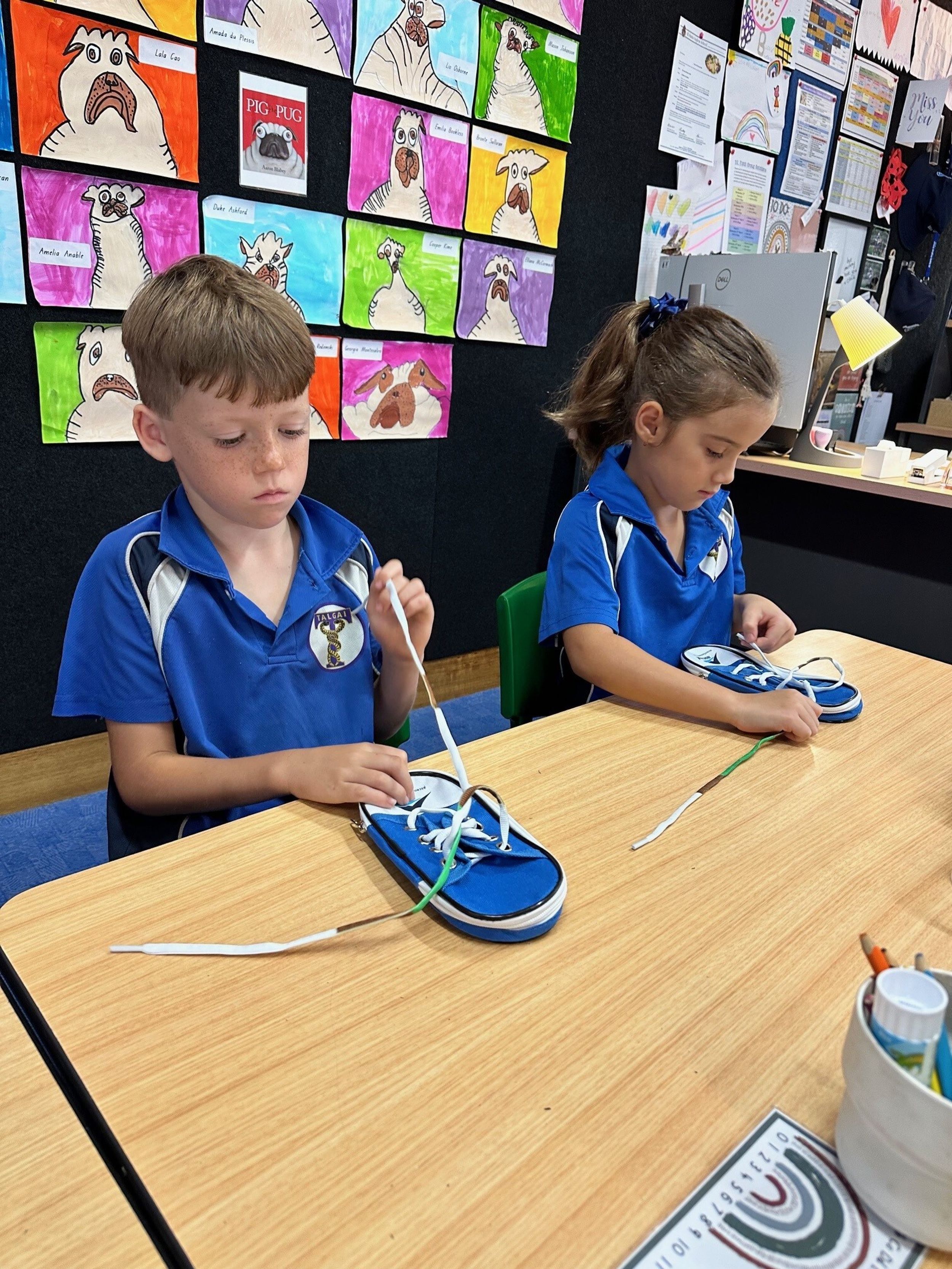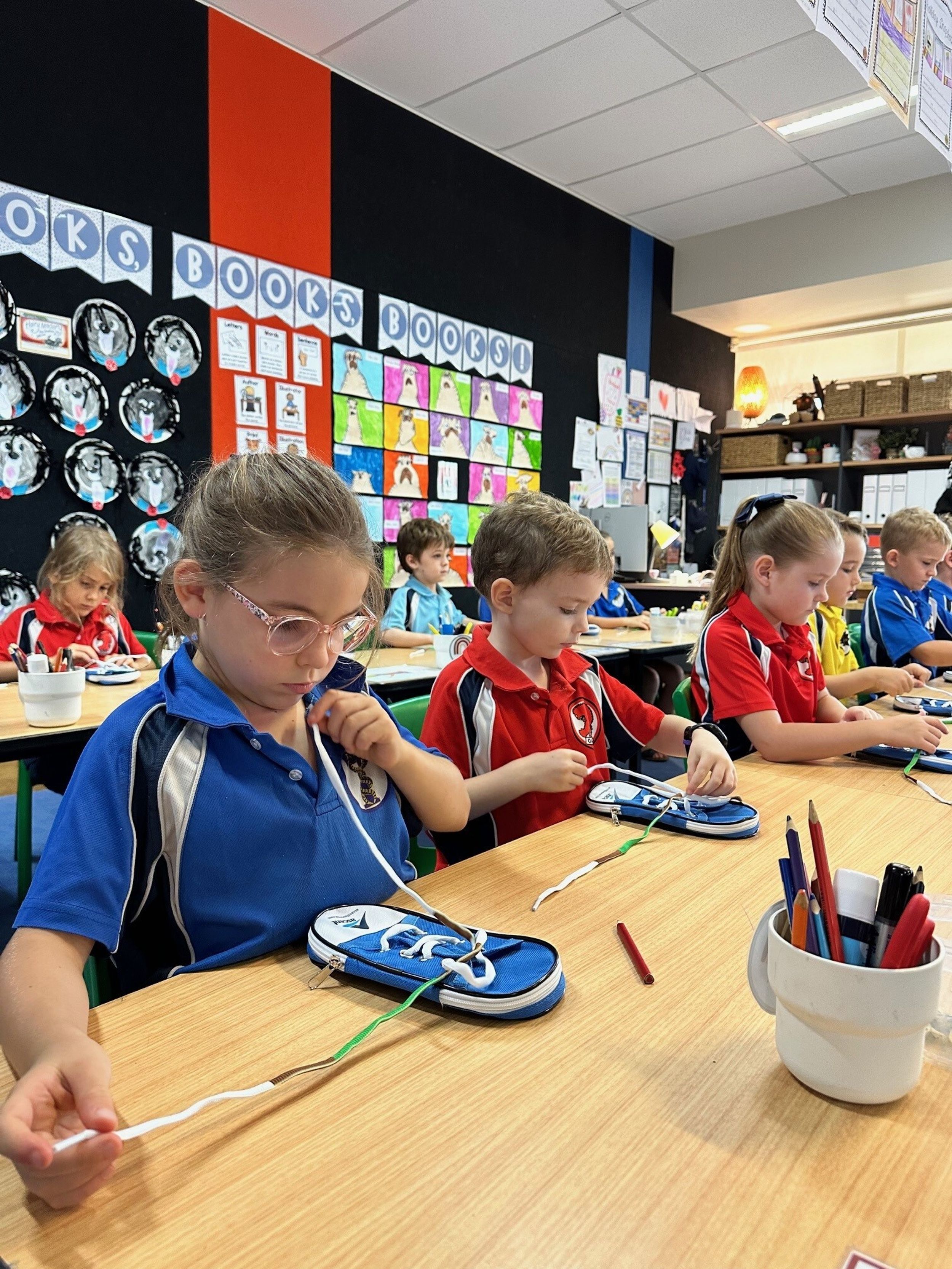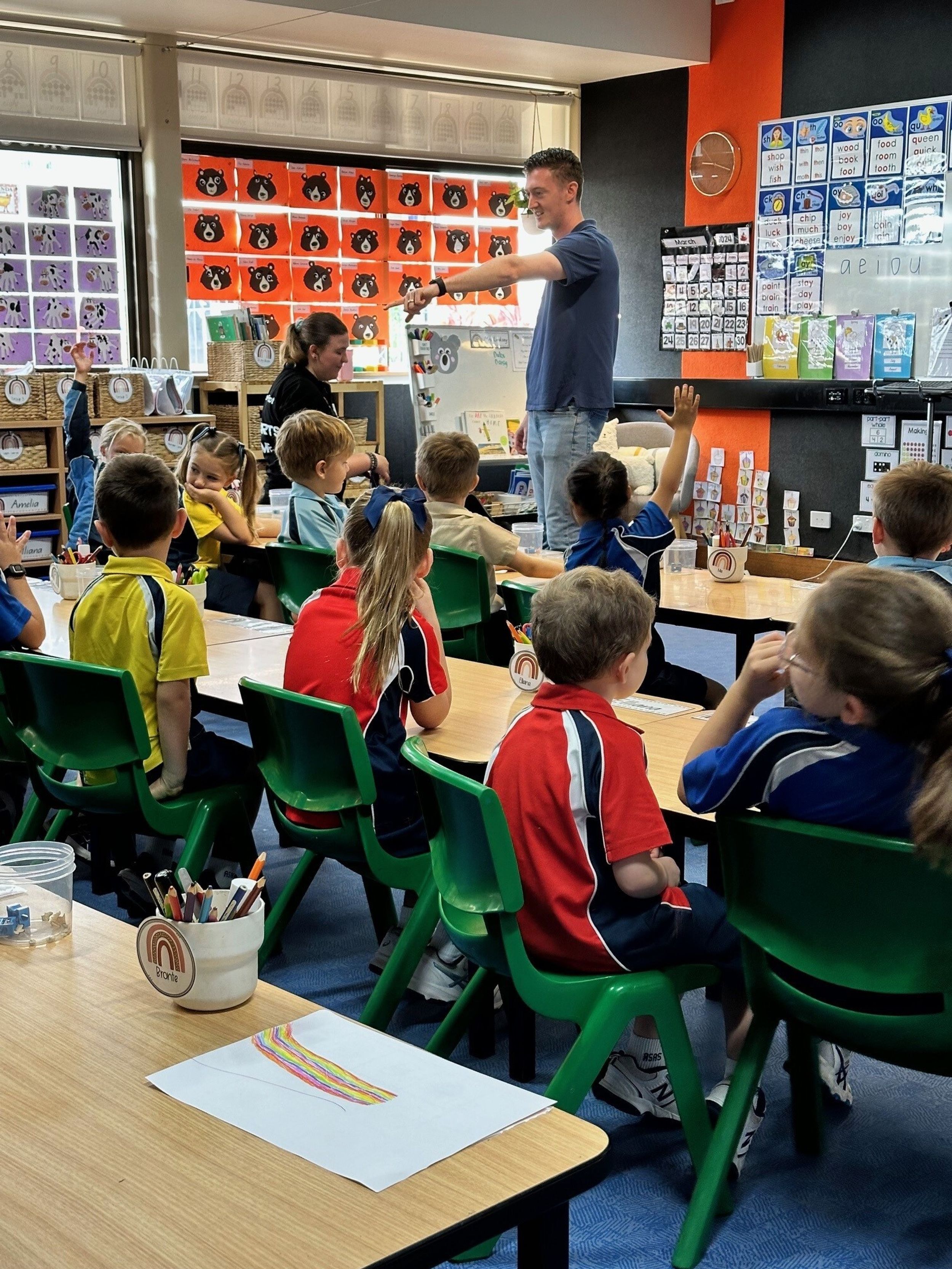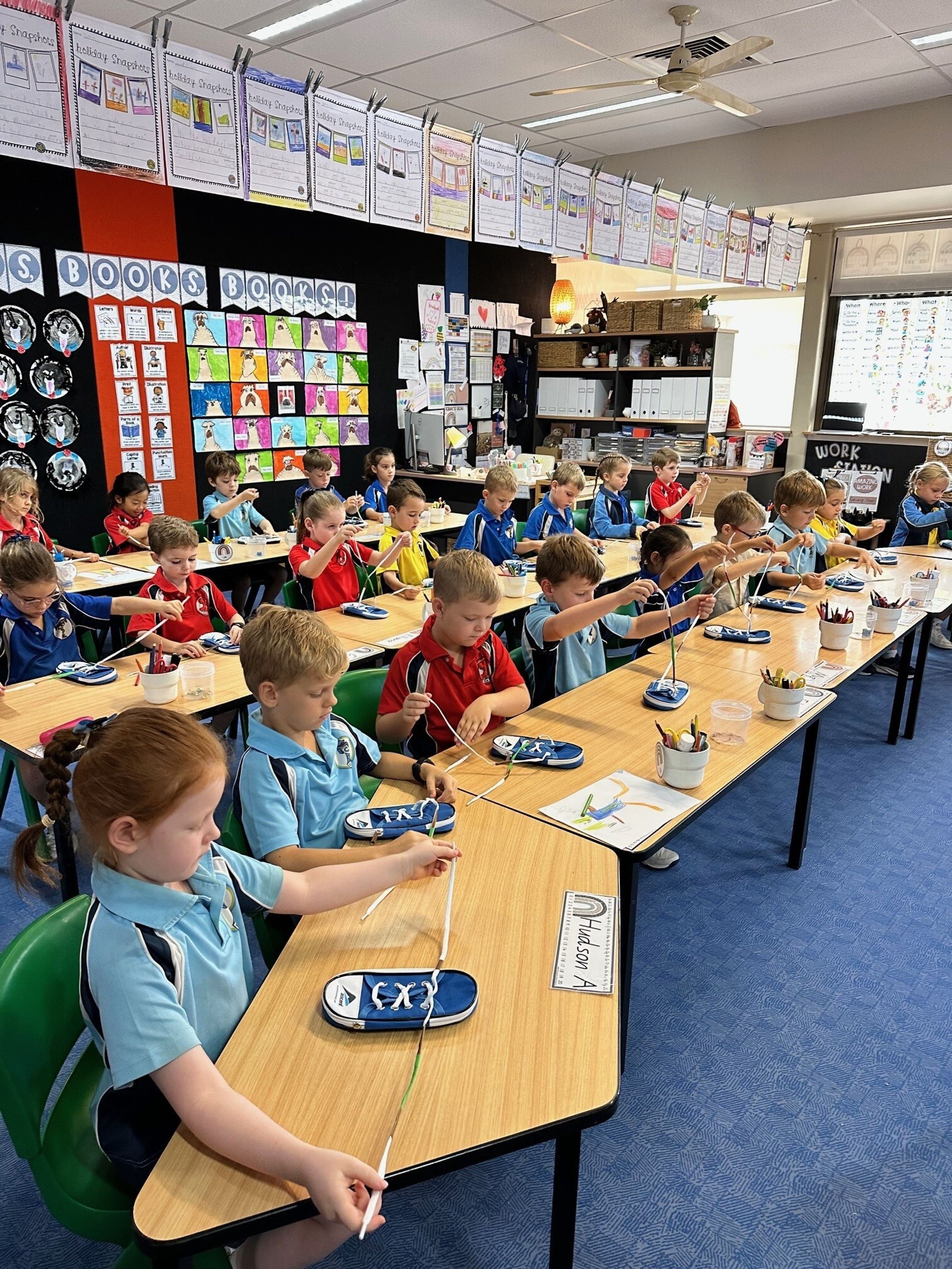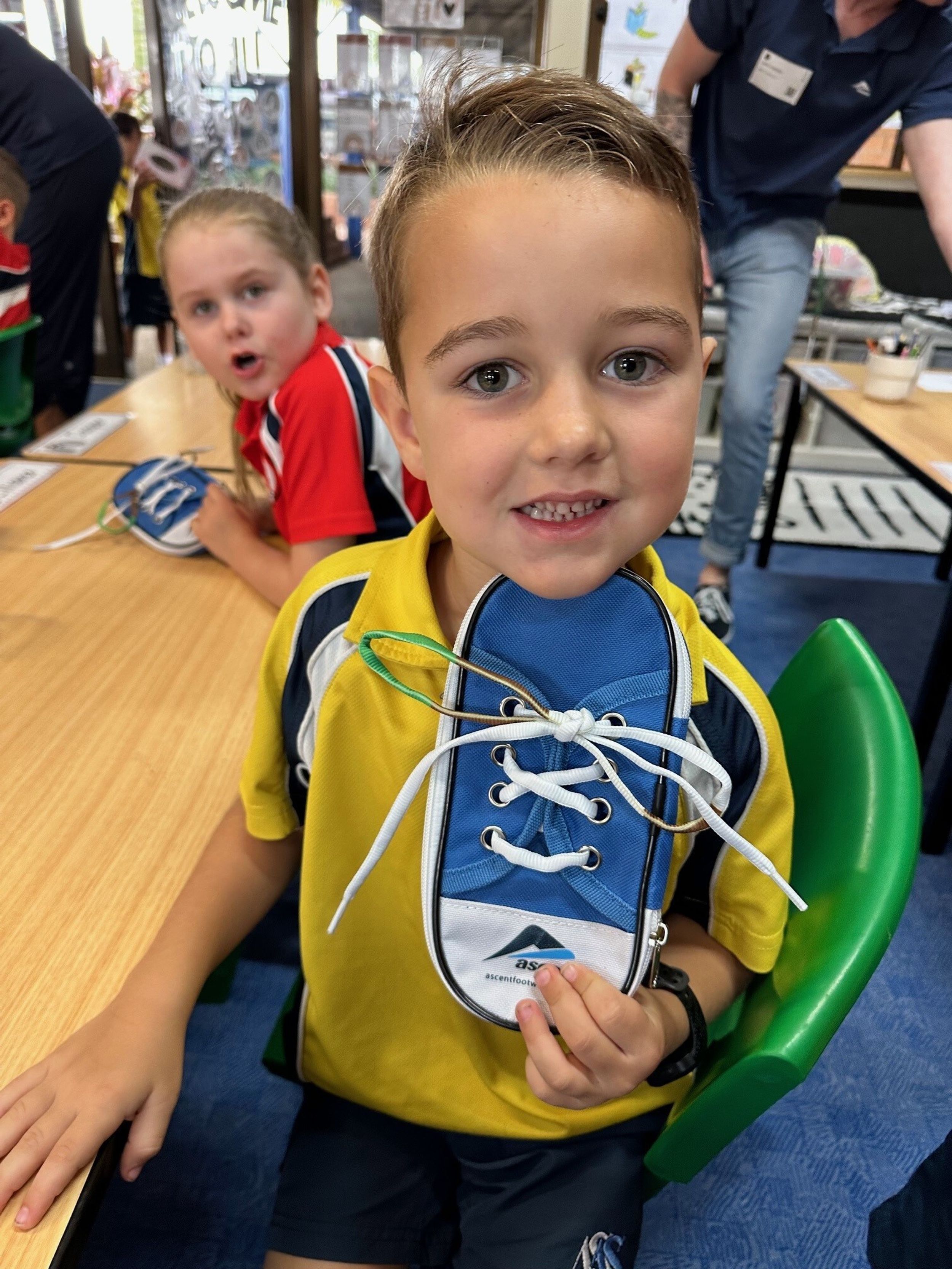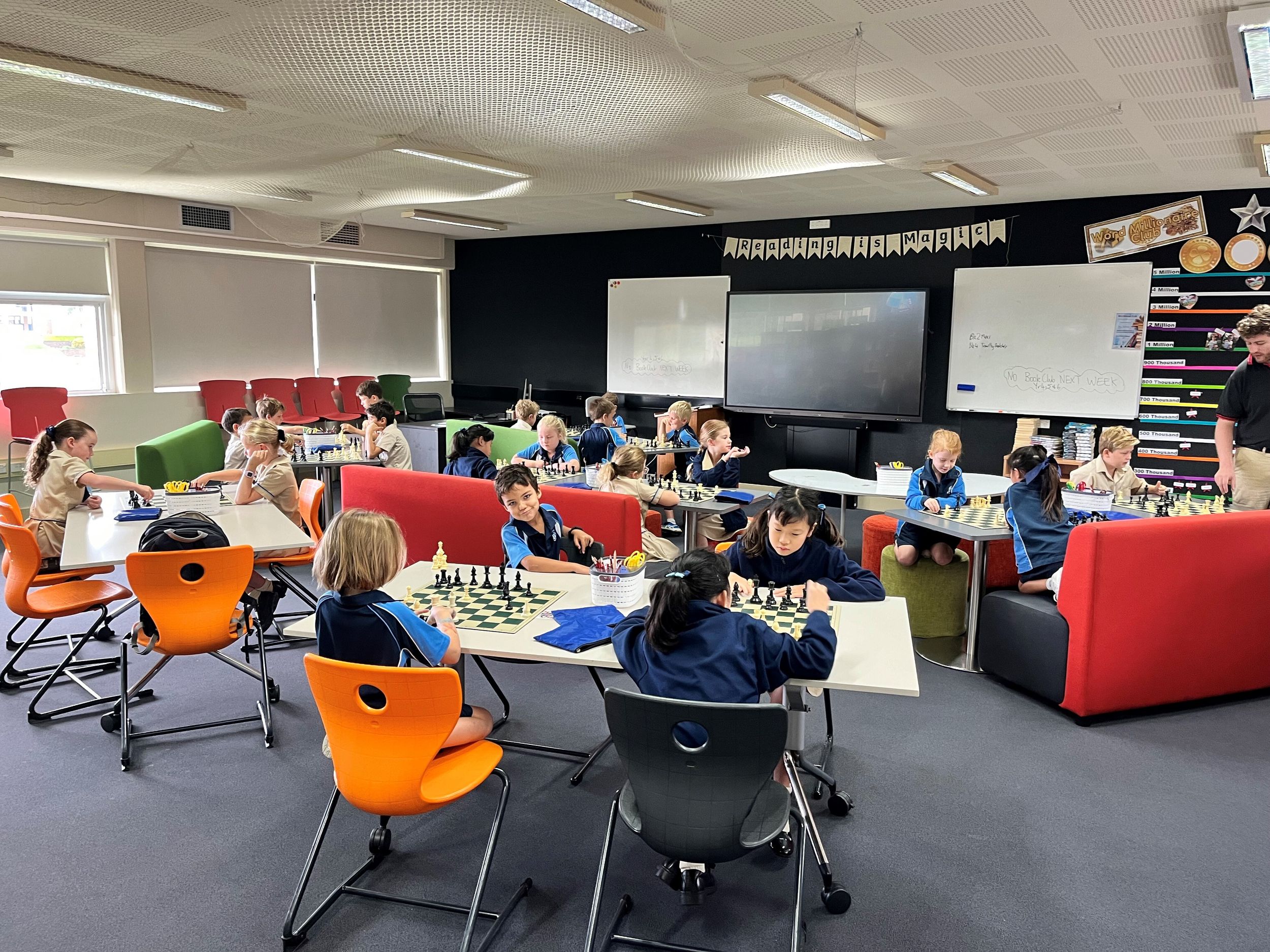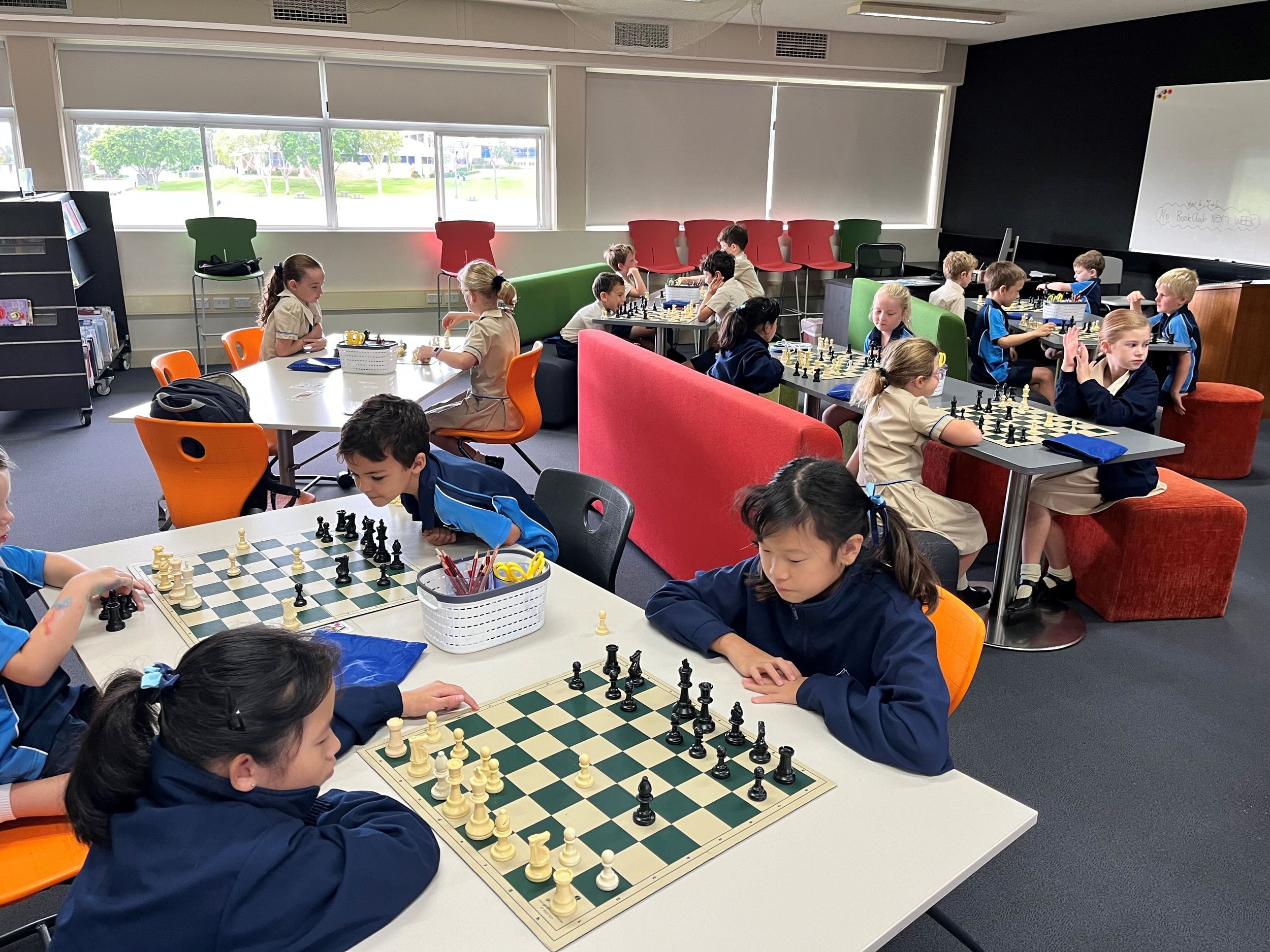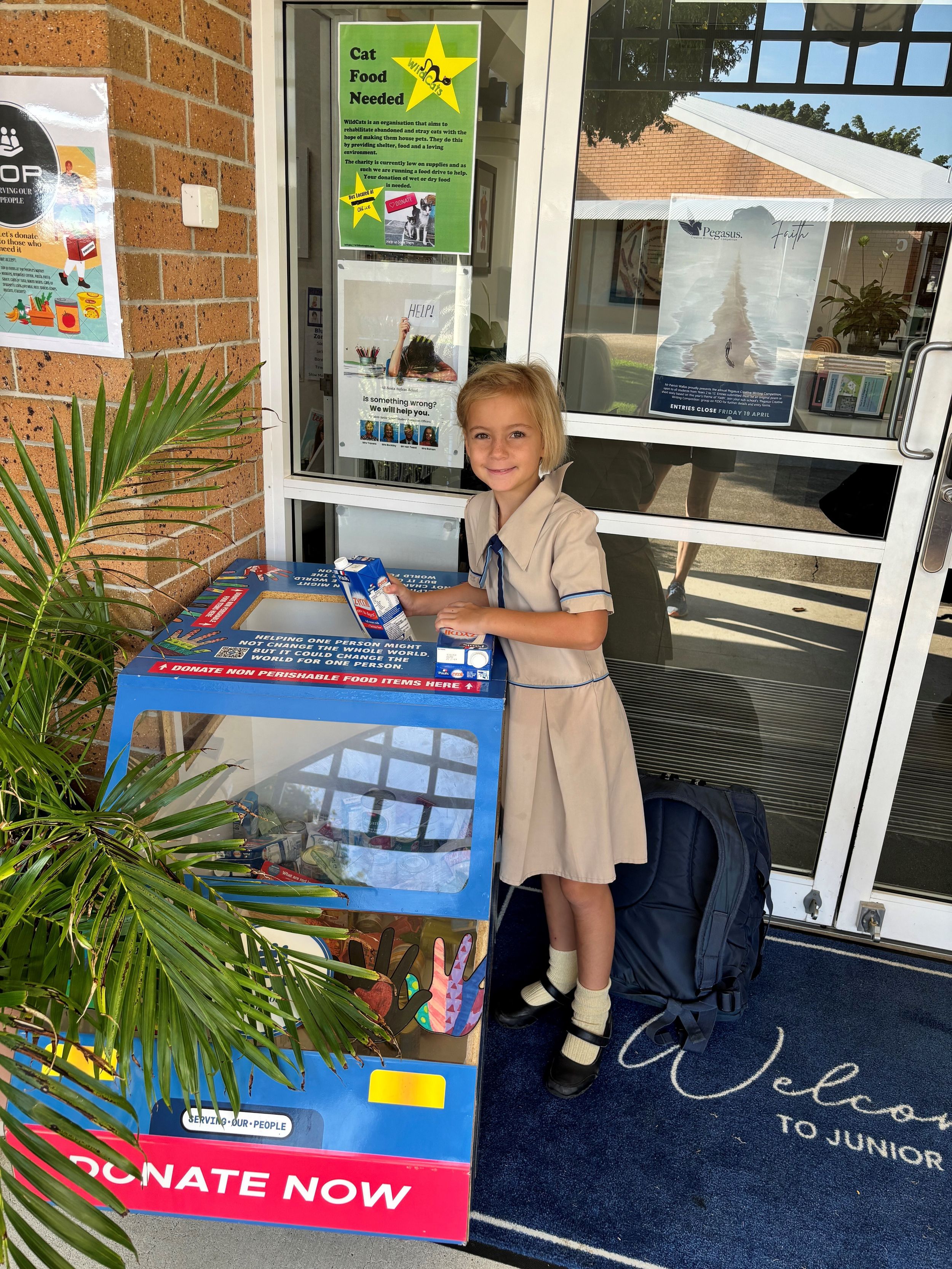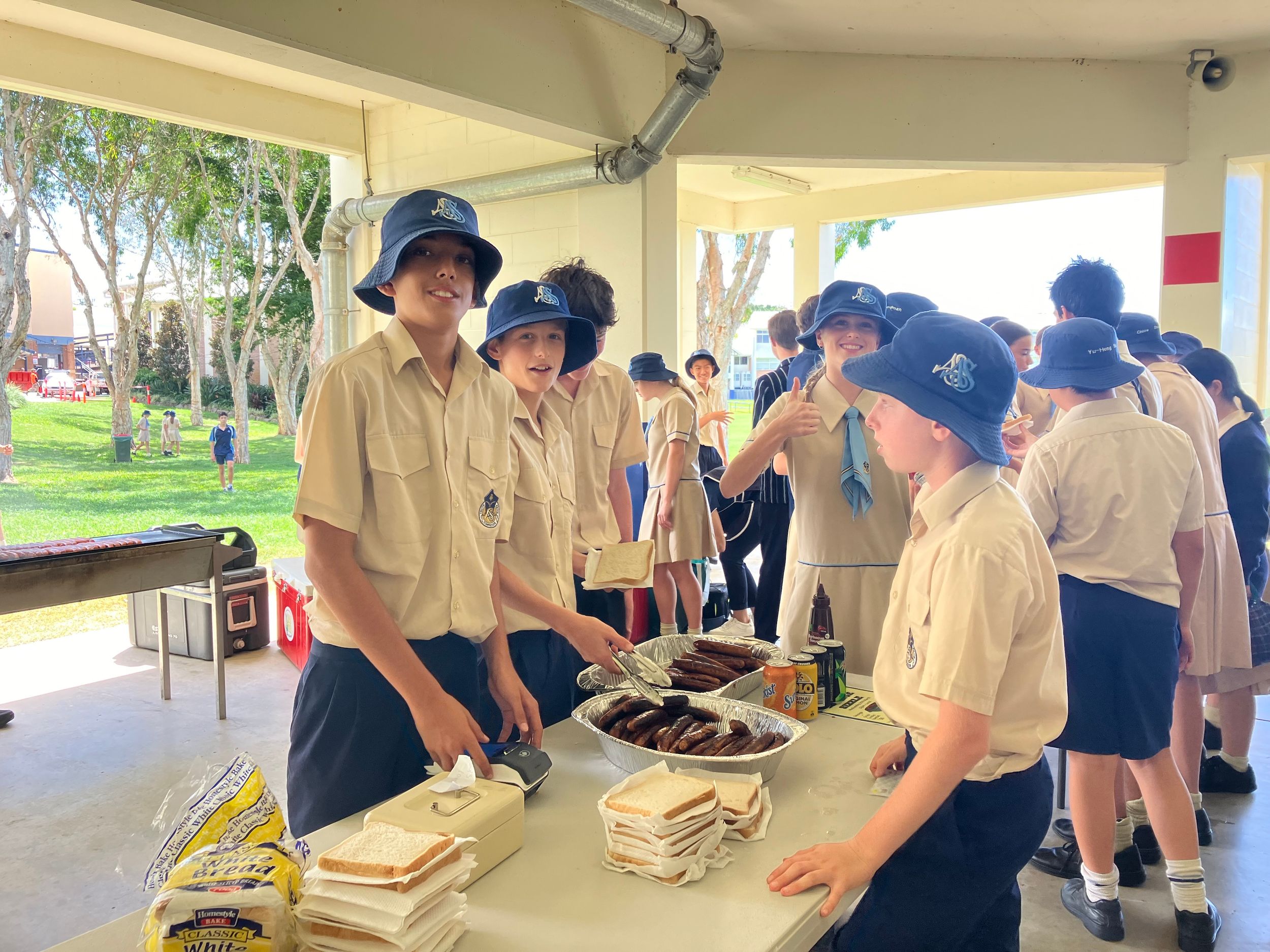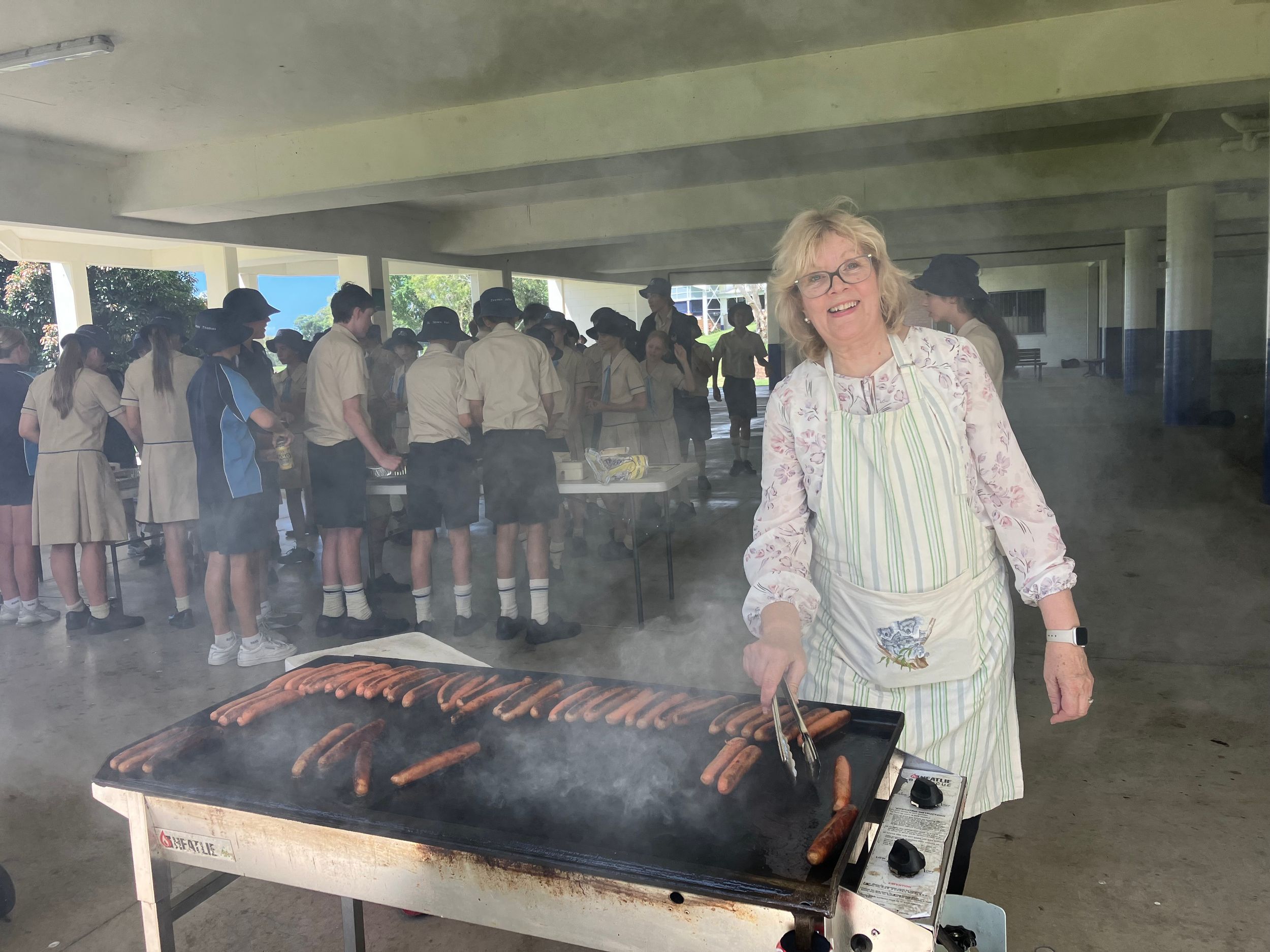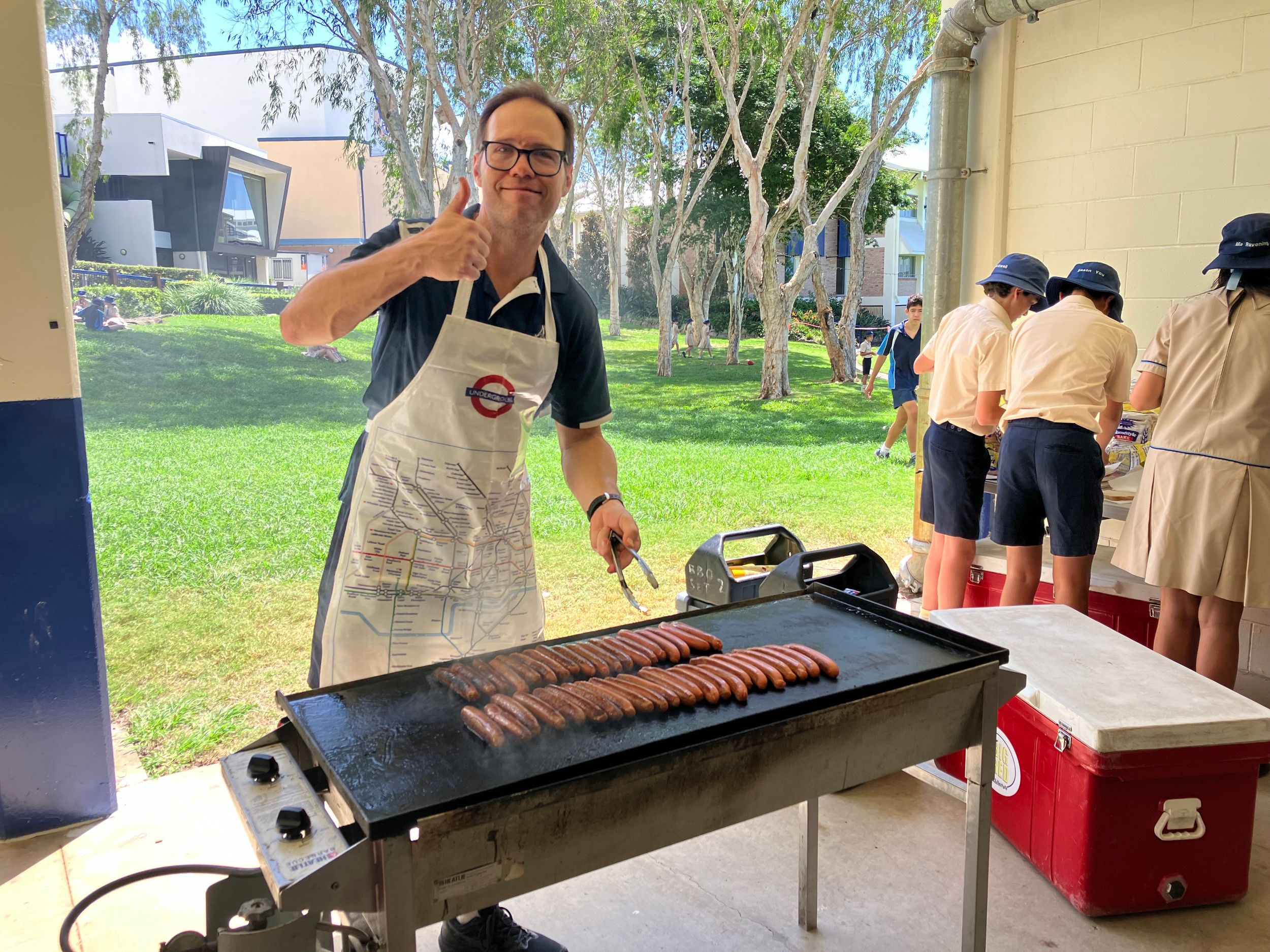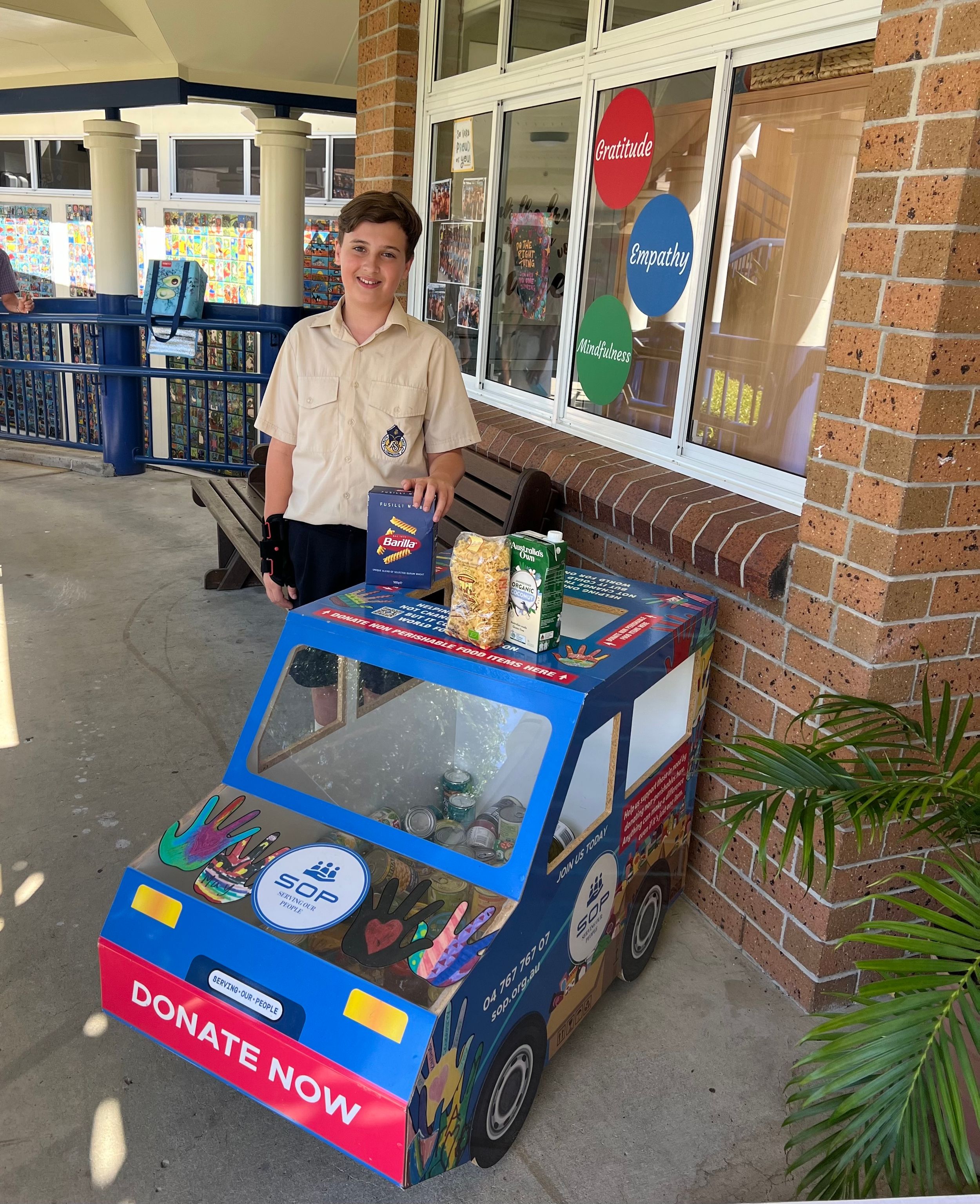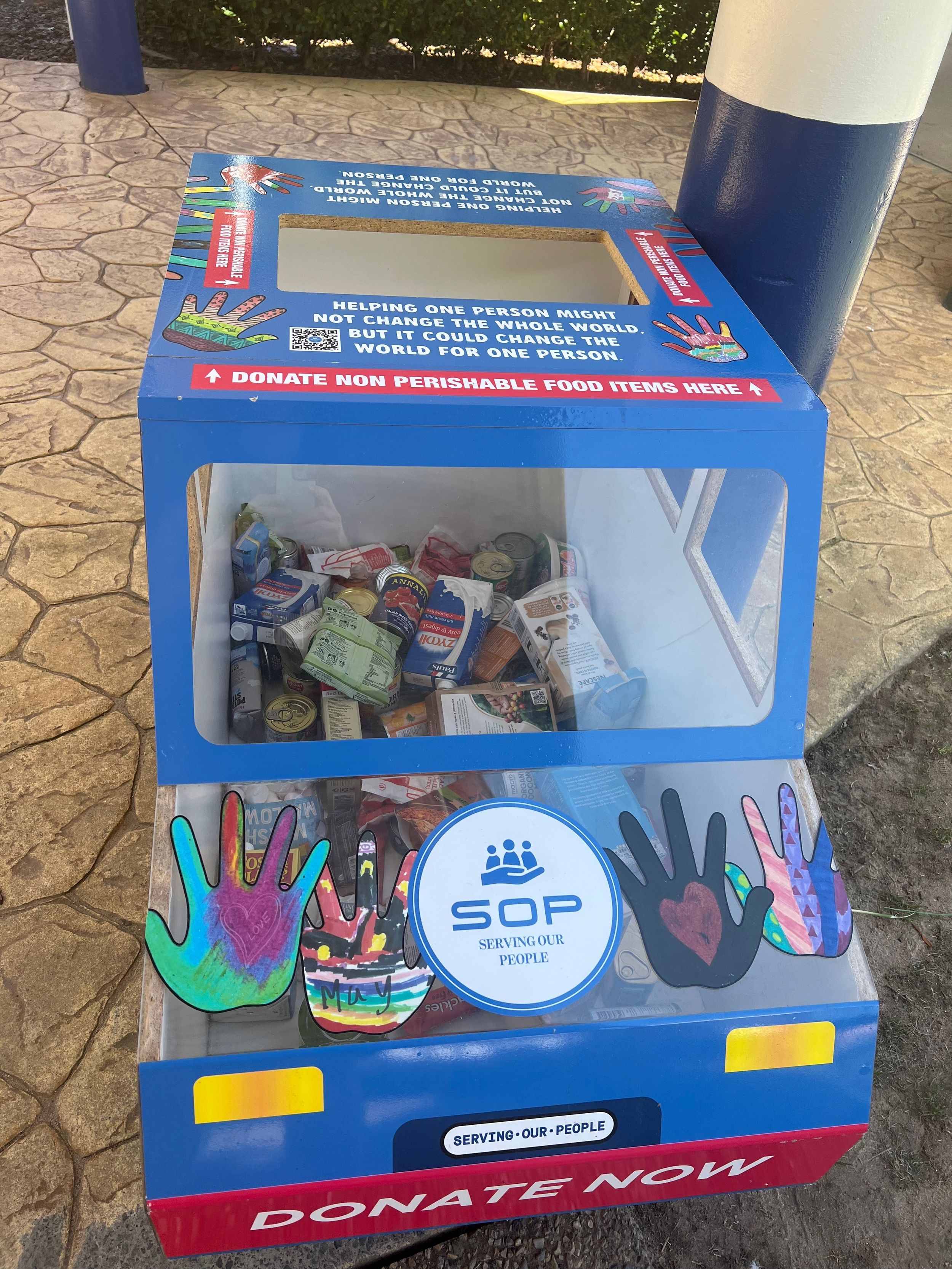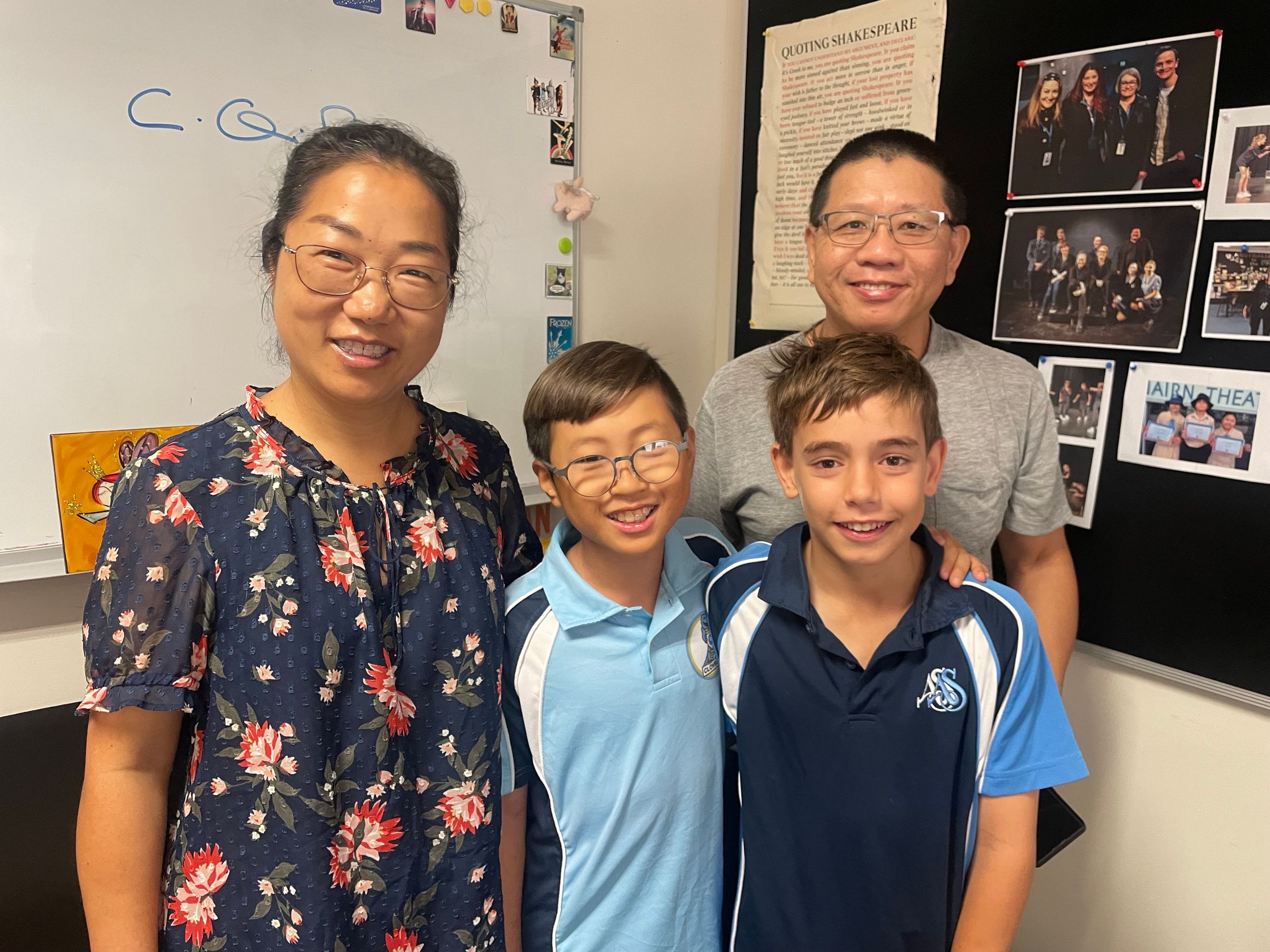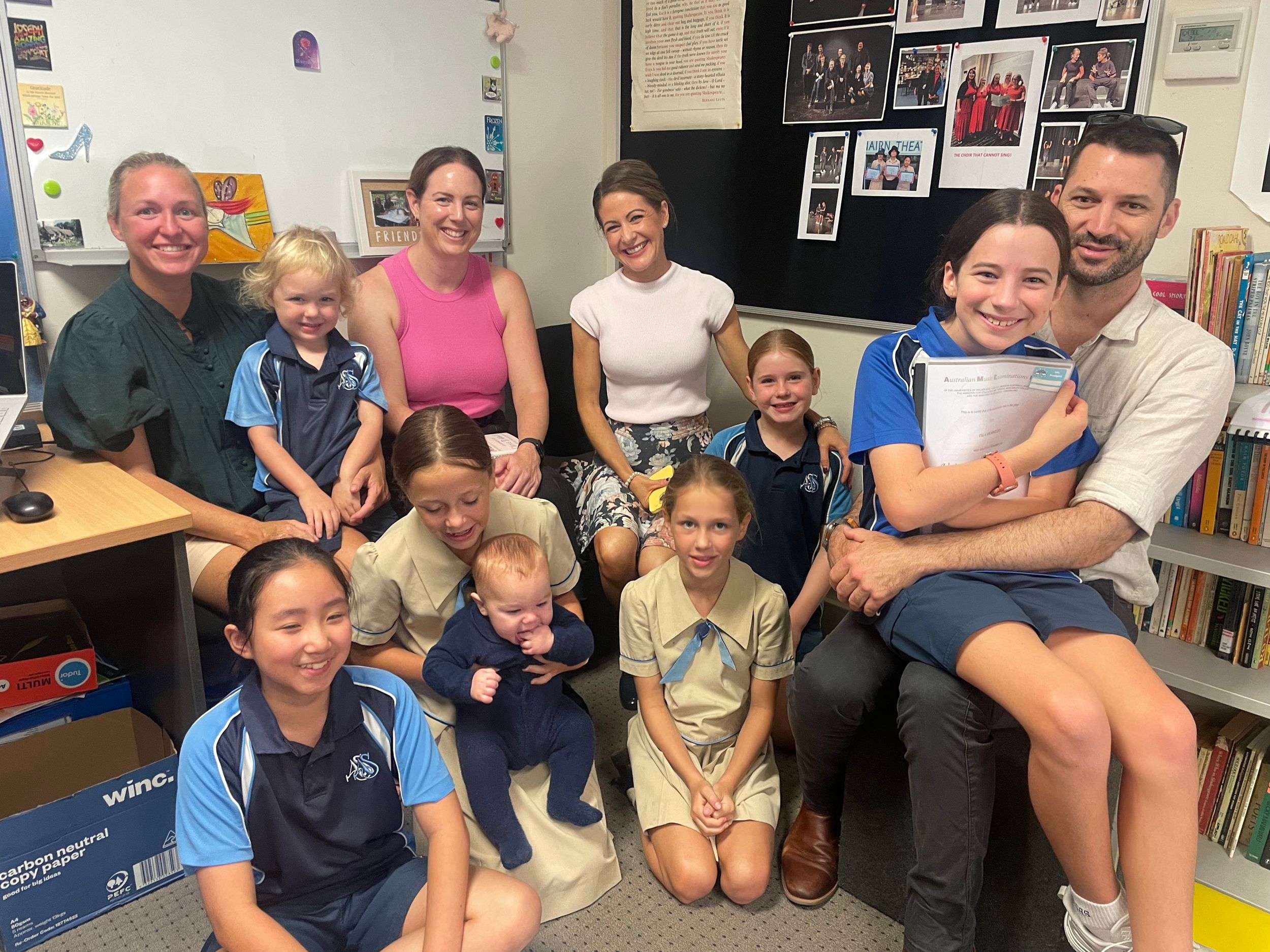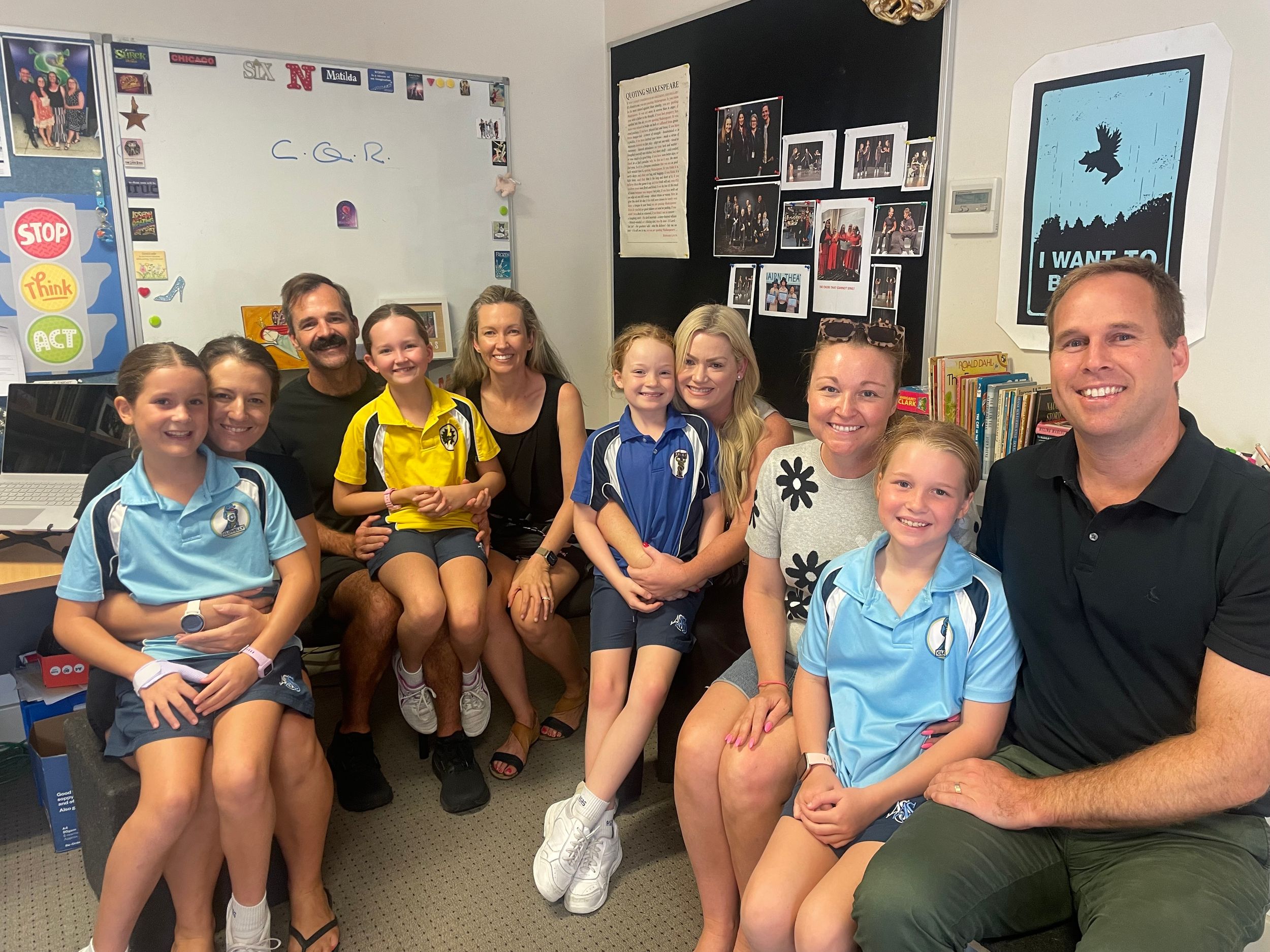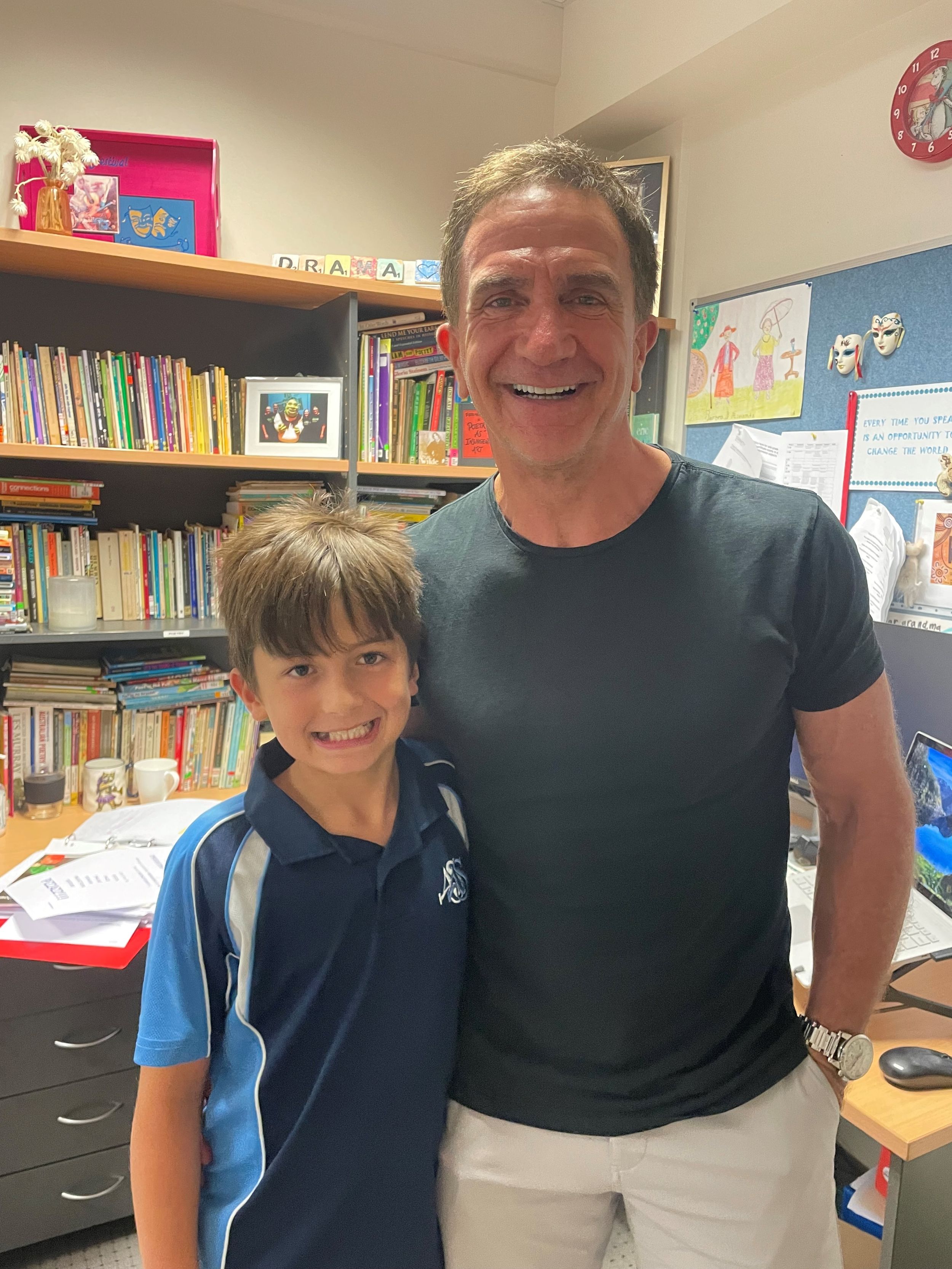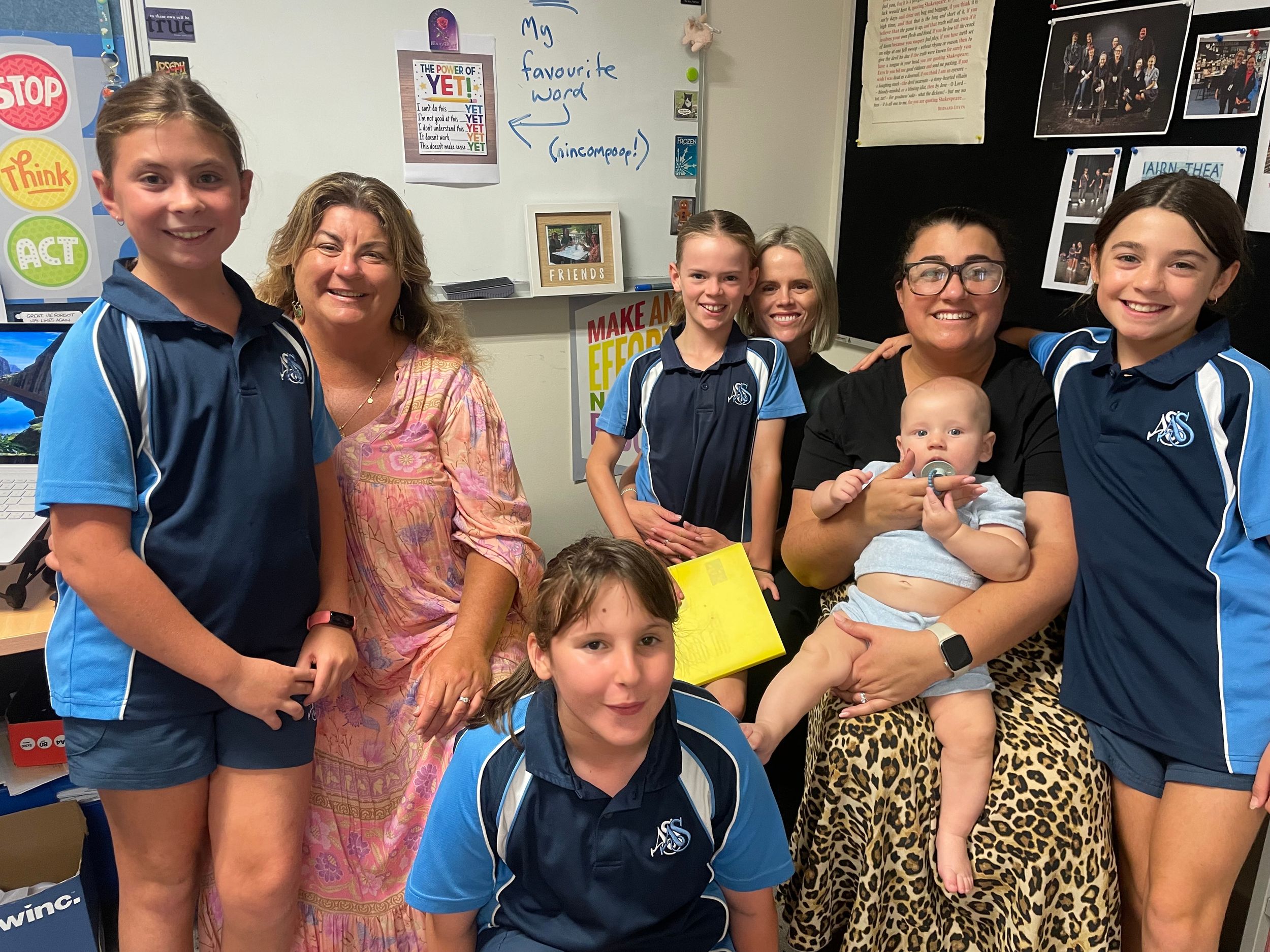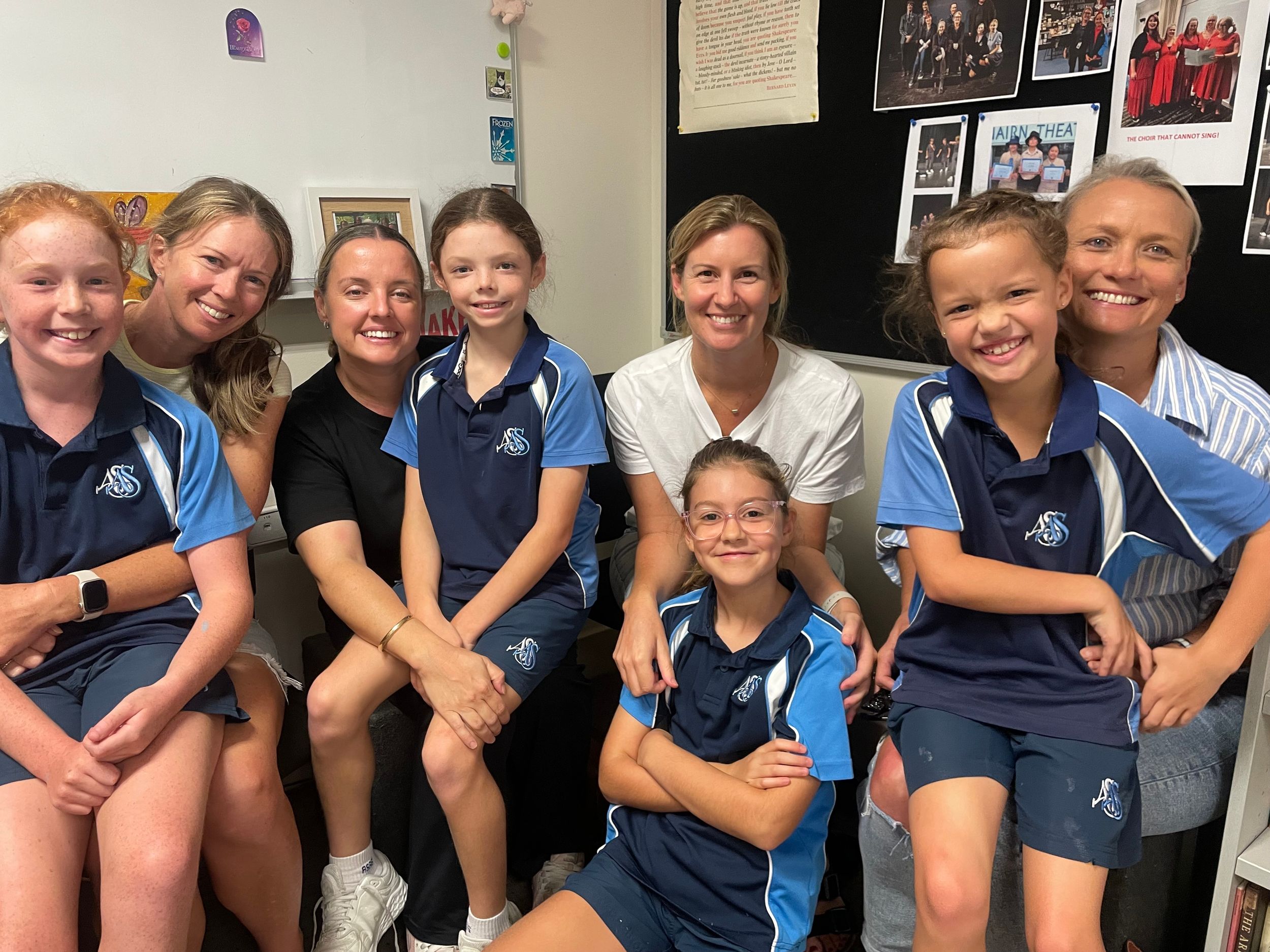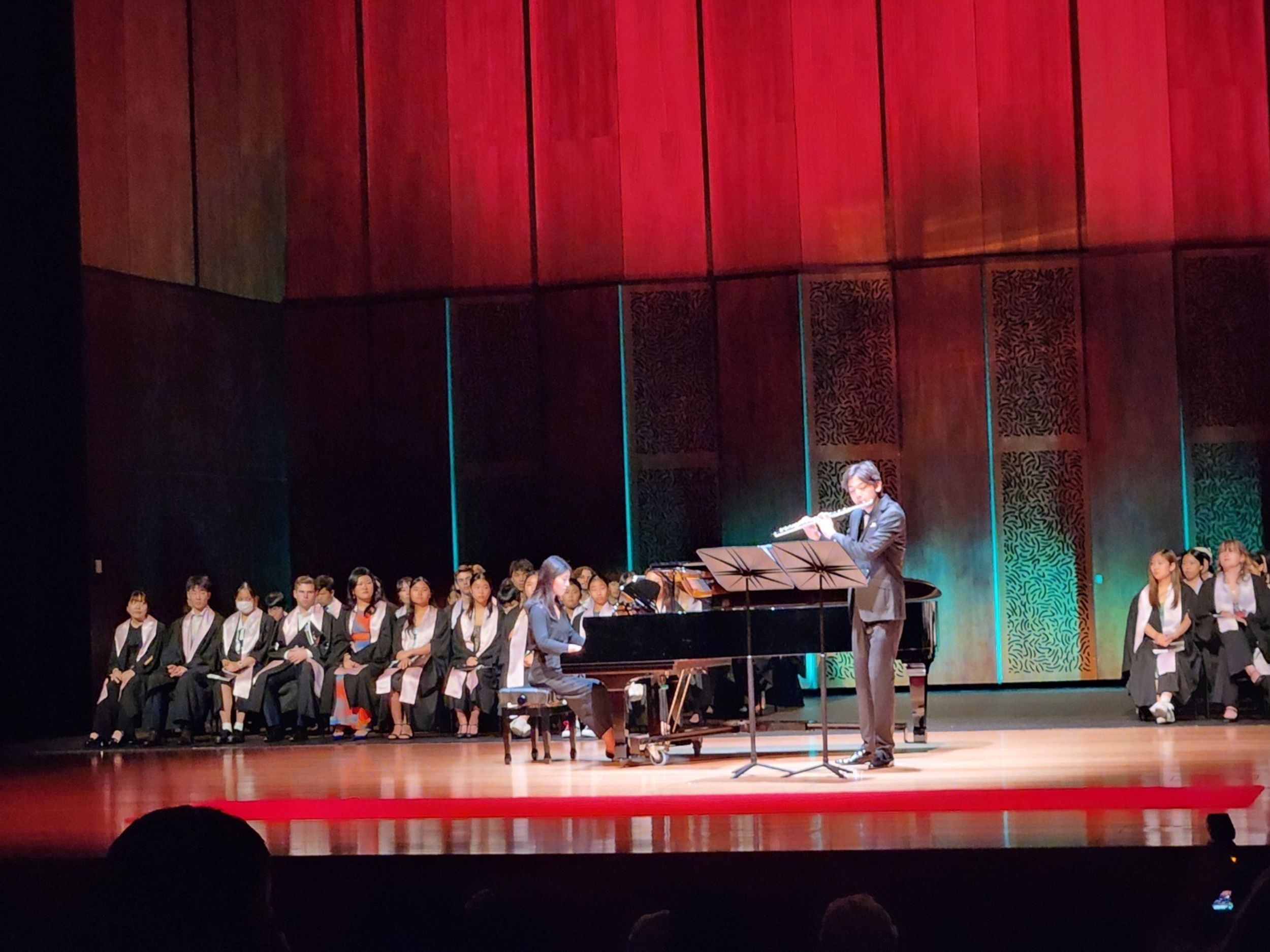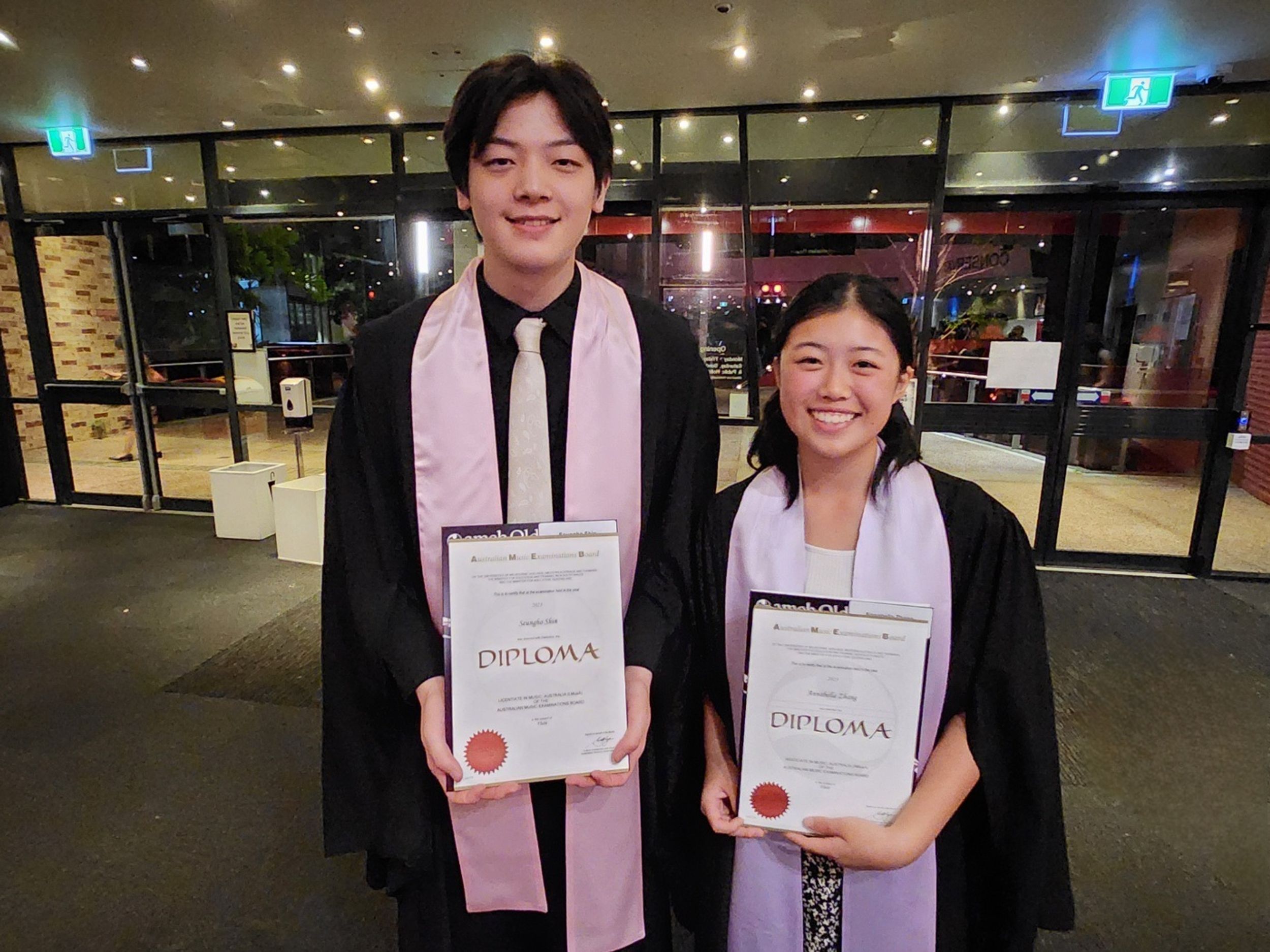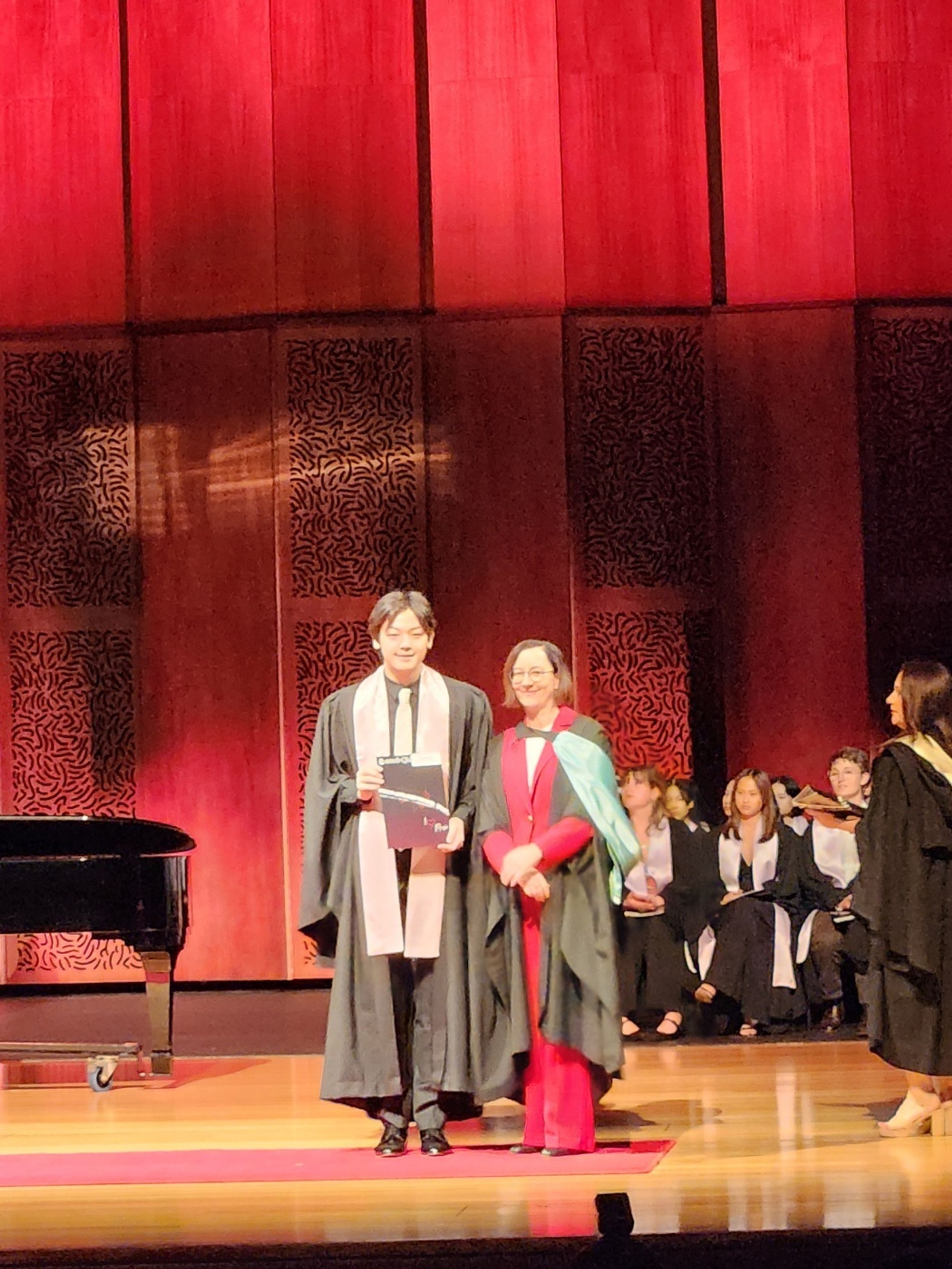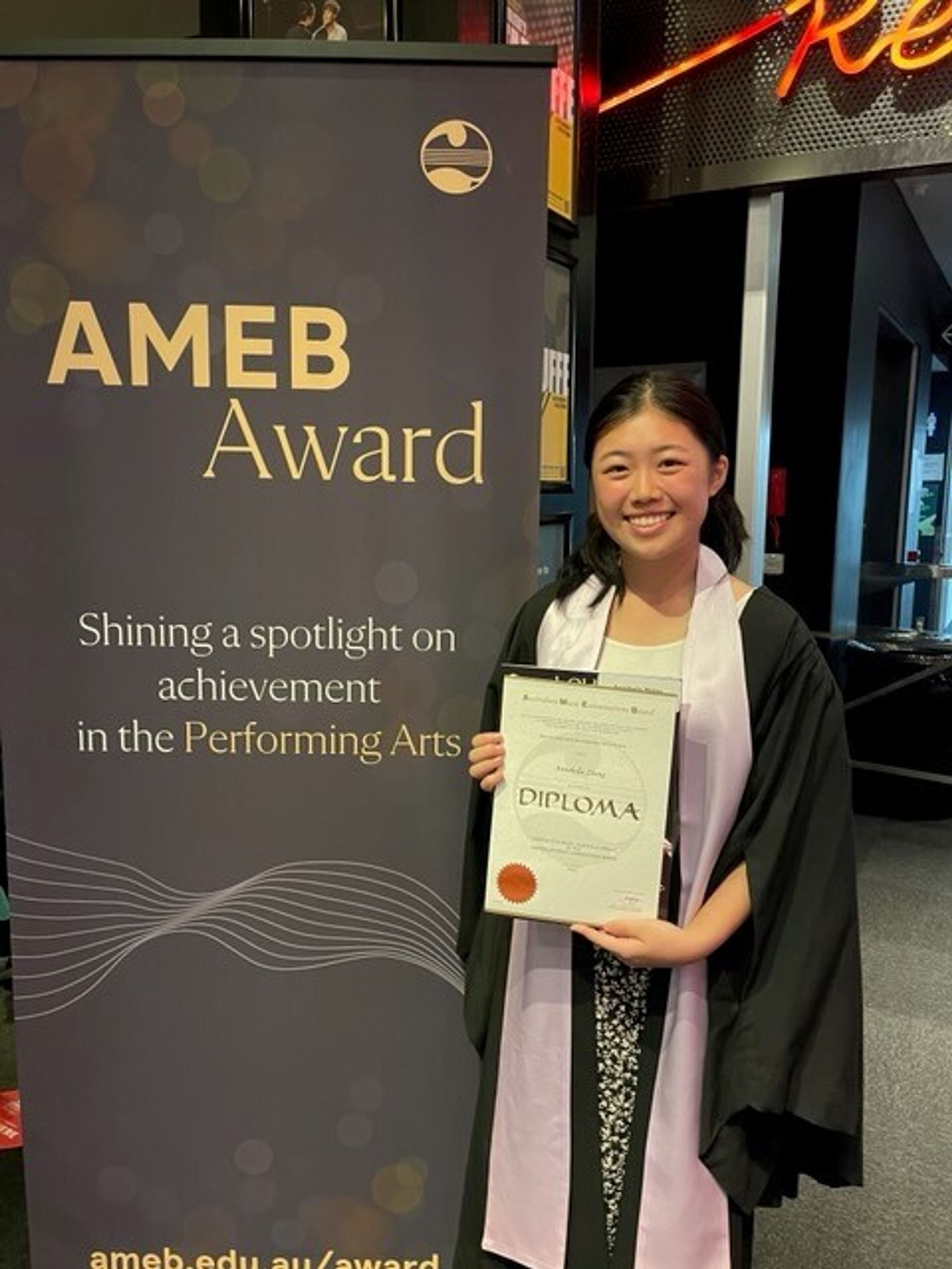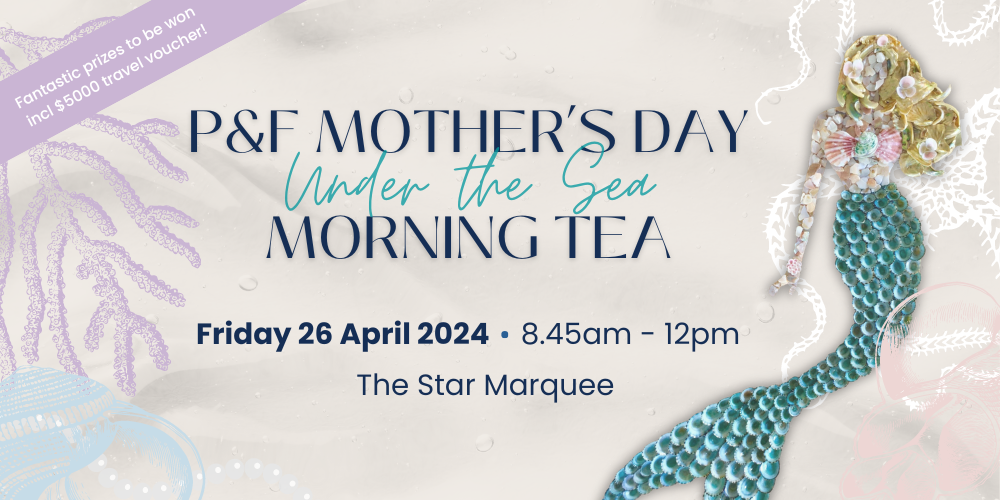Walking Backwards and Falling Upwards
'It was going so fast that the wheels started spinning backwards!', exclaimed the young chatterbox next to me as we walked across the oval together. He was describing the experience of watching a racing event with his father. Our encounter was both electric and fleeting as he suddenly scarpered off to a beckoning friend, his words fading in the lengthening space between us. It is unique moments like this which often prompt me to record them as a highlight of my day – even a 'Godly Moment'. The enthusiasm and delight with which young children embrace life can sadly dim as our lives become cluttered with too many incidental tasks hindering our capacity to embrace these curious vagaries of life, with little time to ponder their meaning anyway.
Term 1 is almost at its close, and there is a rather humid tiredness in the air, resting in students, parents and staff alike. It is the kind of tiredness which holds its own joy in the fulfilment of goals, a term well spent despite the personal obstacles which beset the best of us as part of the gift of life. We have learned together, sung together, run and played together. We have juggled timetables, event management and balanced academics and fun for the good of everyone. We have wrangled the car park, endured the weather and summoned the courage to try new things. But now the well-earned break entices us towards its sanctuary rest, where we can halt the frenetic scurry and tarry awhile.
In our Anam Cara (Soul Friend) discussion group on Wednesday morning we are discussing a book entitled God’s Own Country. We were invited to think about the importance of walking backwards. This startling invitation came from Auntie Di Langham, a Buandik woman and Anglican priest whose essay entitled An Exercise in Walking Backwards provoked lively discussion as we pondered the importance of traditional stories which serve as footprints for our current journeys. She writes:
When you walk backwards the wind, dust and cold are not in our face. We can walk a straight line walking backwards, staying on the path we needed to be. We are watching our tracks. By knowing where we have been, we can know how far we have come. We don’t repeat the mistakes we have made before.
Richard Rohr, a Franciscan friar, picks up this theme in a book he wrote entitled Falling Upwards extolling the idea that we need to fall in order to learn from our experiences.
The pain of falling is necessary for the joy of rising. There is nothing to prove and nothing to protect. I am who I am and it is enough.
This is the very theme of the Easter season. One of the joys of the Church year is that it, at least before Easter and Christmas, encourages us to stop and reflect – to walk backwards to see where we have been. Christ has shown us the pathway through the suffering which often breaks into the normality of our existence forcing us into a time of darkness before we can find our way into a new way of life. It is the story of dying, the darkness of grave-time and then the joy of Resurrection, which Richard also describes as Order, Disorder and Reorder. He says:
The most amazing fact about Jesus, unlike almost any other religious founder, is that he found God in disorder and imperfection-and told us that we must do the same or we would never be content on this earth.
Perhaps we are feeling a little like those wheels which began this piece. Moving so fast from the order that Week 1 promises to the disorder that Week 9 yields as the relentless pace of life shows up in snippy voices, anxious self-doubt and the realisation that we are doing ourselves no good at all – going backwards even.
But there is a treasure to be found in that backward movement, giving us opportunity to delight in our achievements, but also consider where we need to shift gear, for our own good and that of others. Do we need to do so much or are we descending into chaos? Are we learning from our experiences, be they positive or negative? Can we reorder our future as a resurrection event which will enhance not only our own well-being but those with whom we share our life-journey? Our pace changes, the day’s landscape shifts a little and we begin to sing our song again, as a gentle hum beneath the breath of love which opens our heart to seek and find forgiveness where we must, discover the gift of those around us and be at peace with this beautiful earthly home. We discover that our enthusiasm is not lost after all, and we look to the horizon with hope.
May your Easter holidays be blessed with the tranquillity of knowing just how precious life is.
Grace and Peace,
Mother Ann McGuinness
School Chaplain

